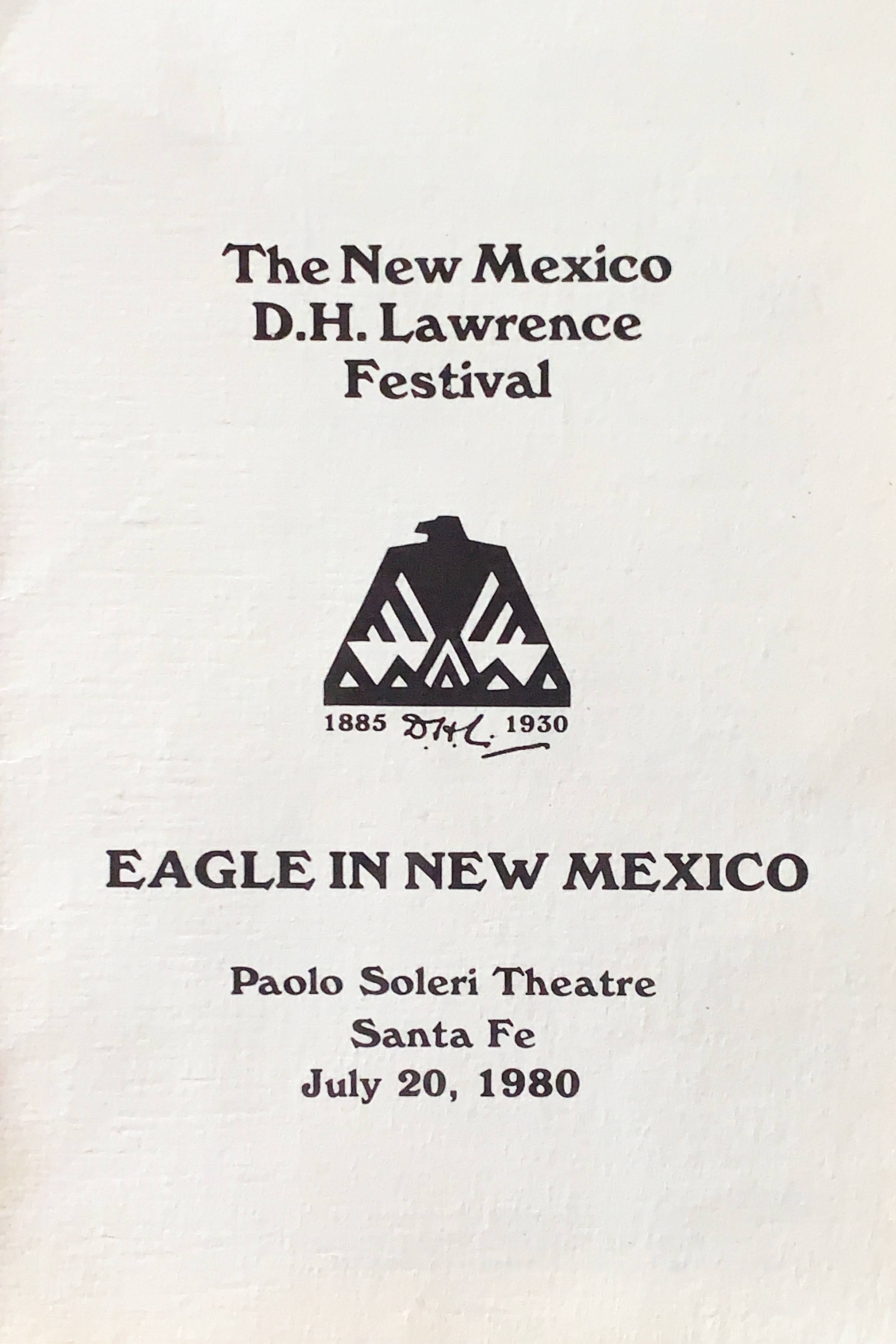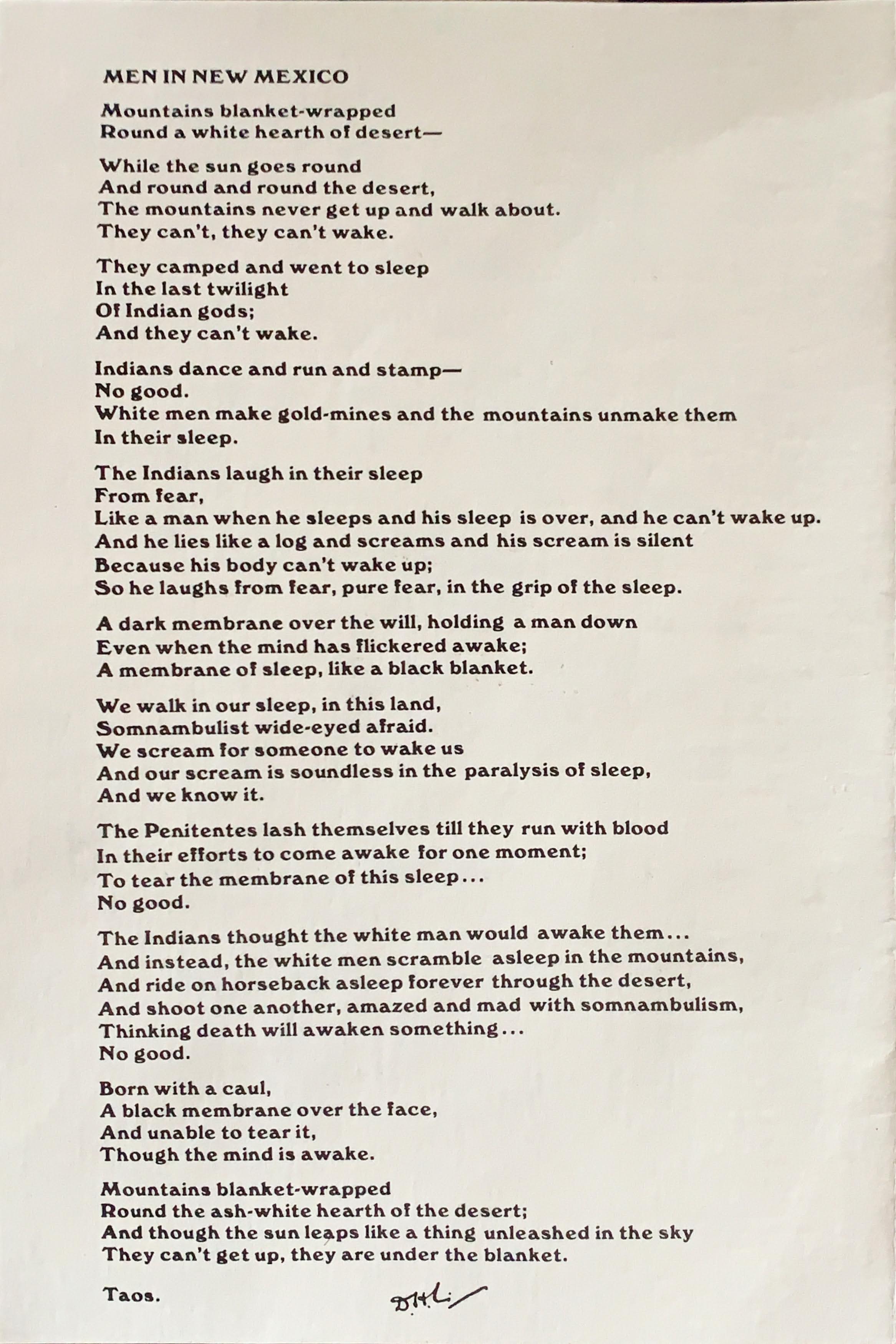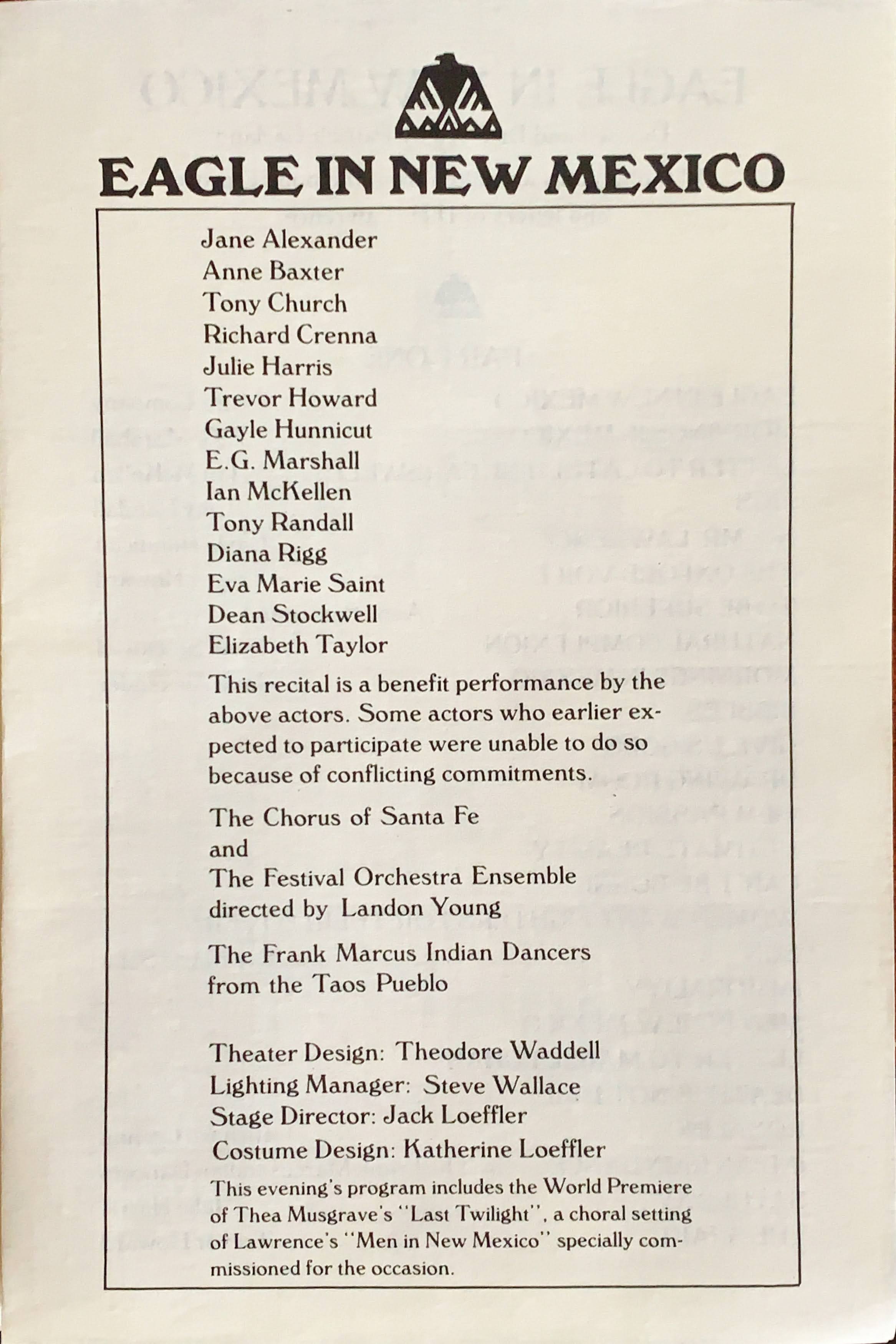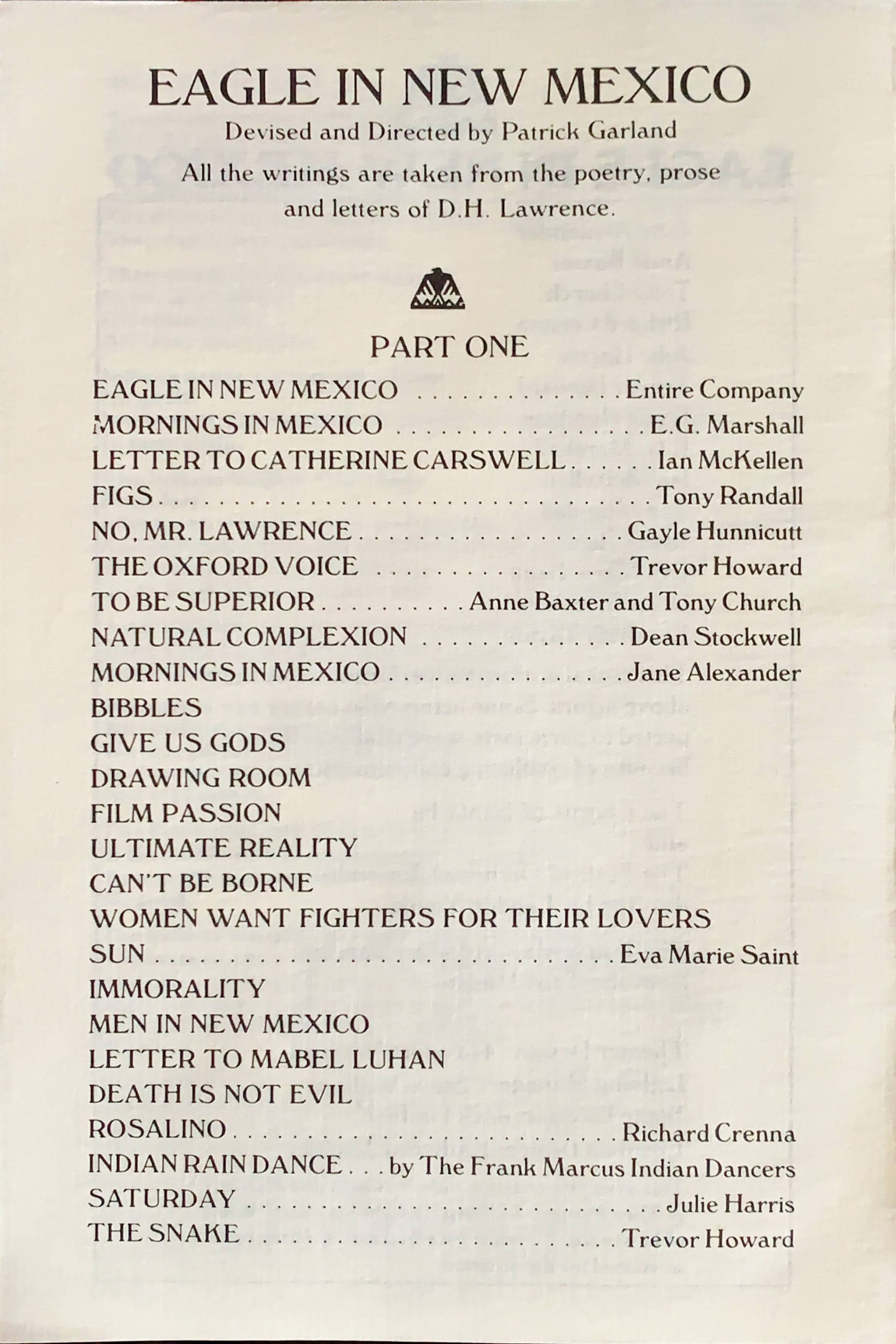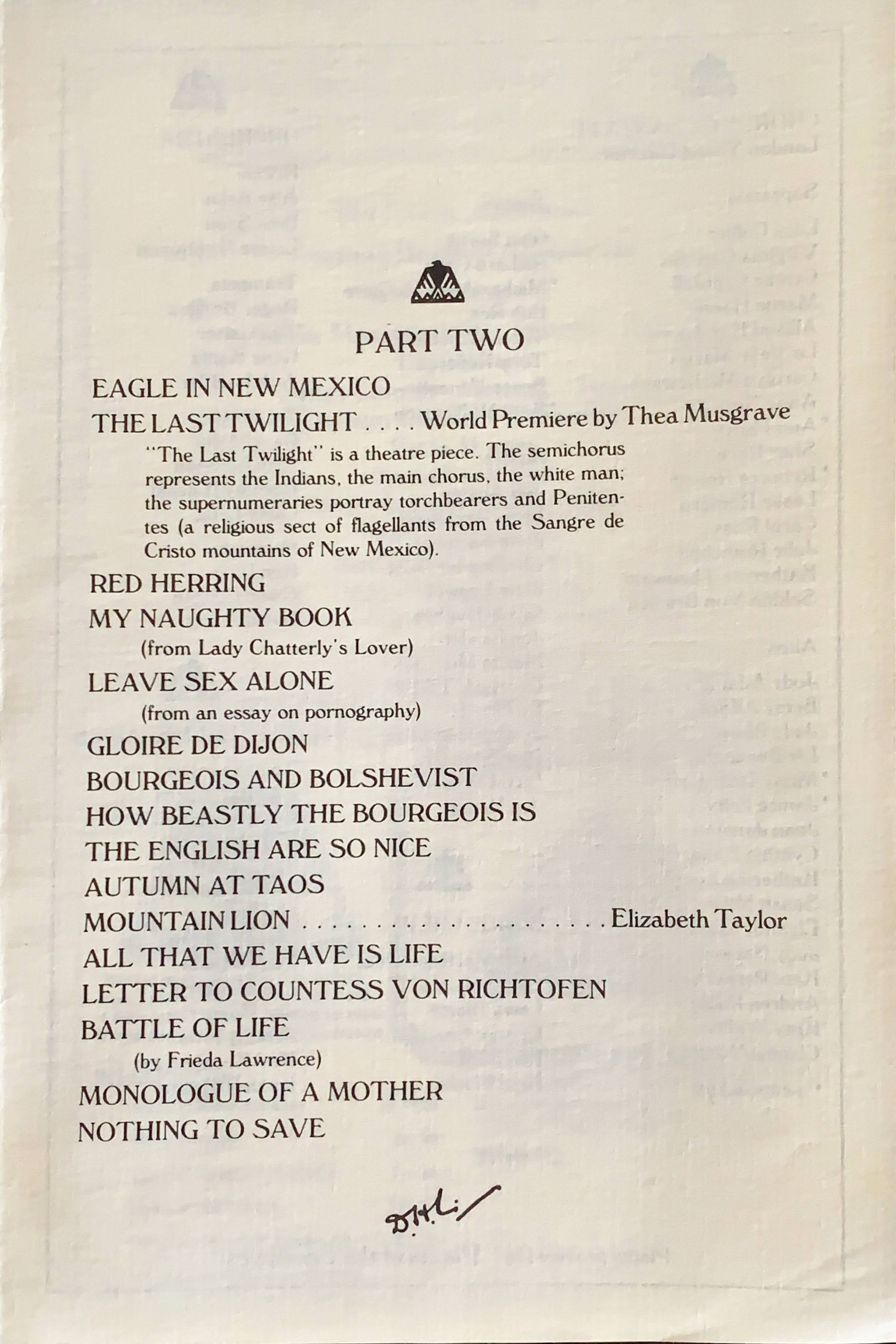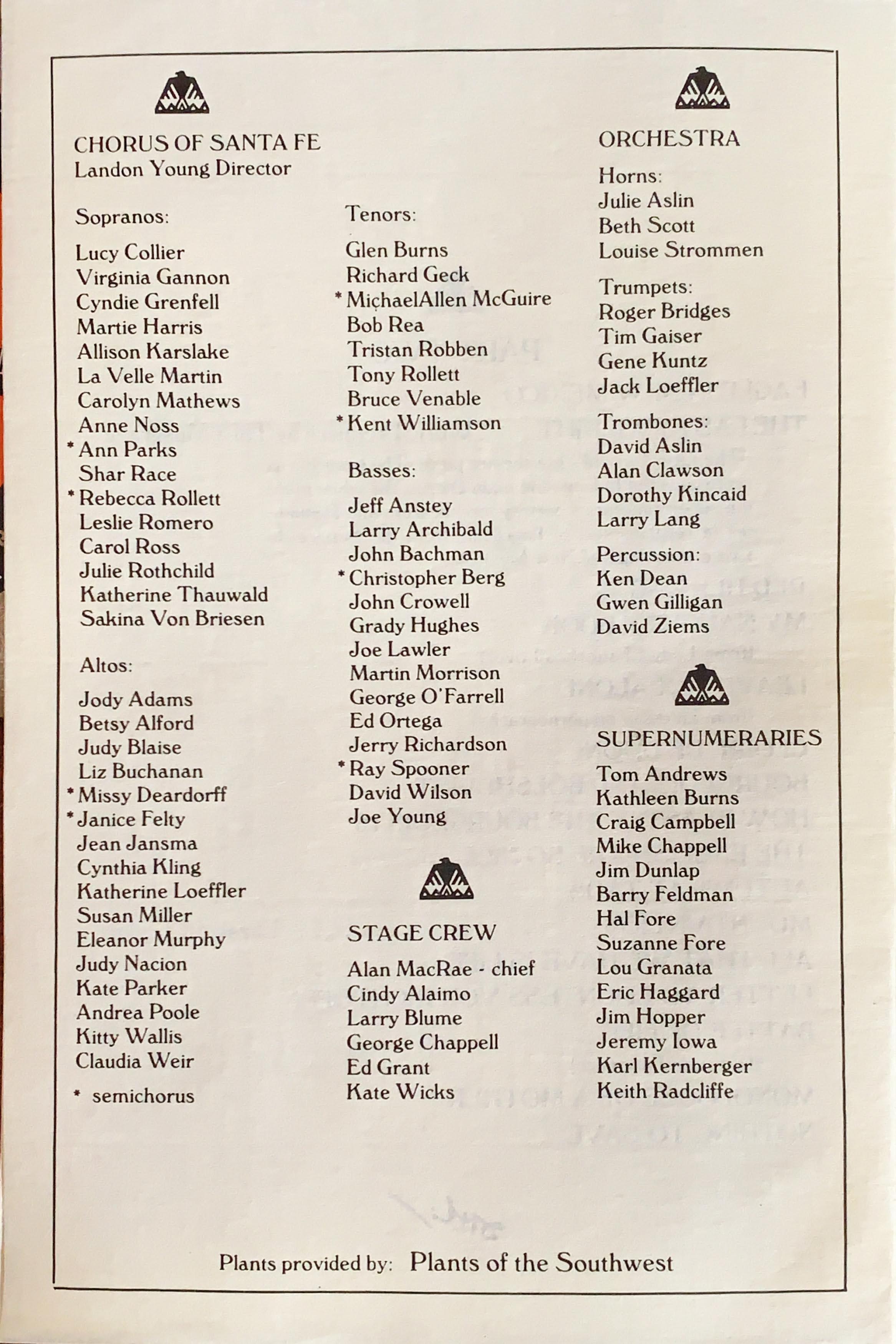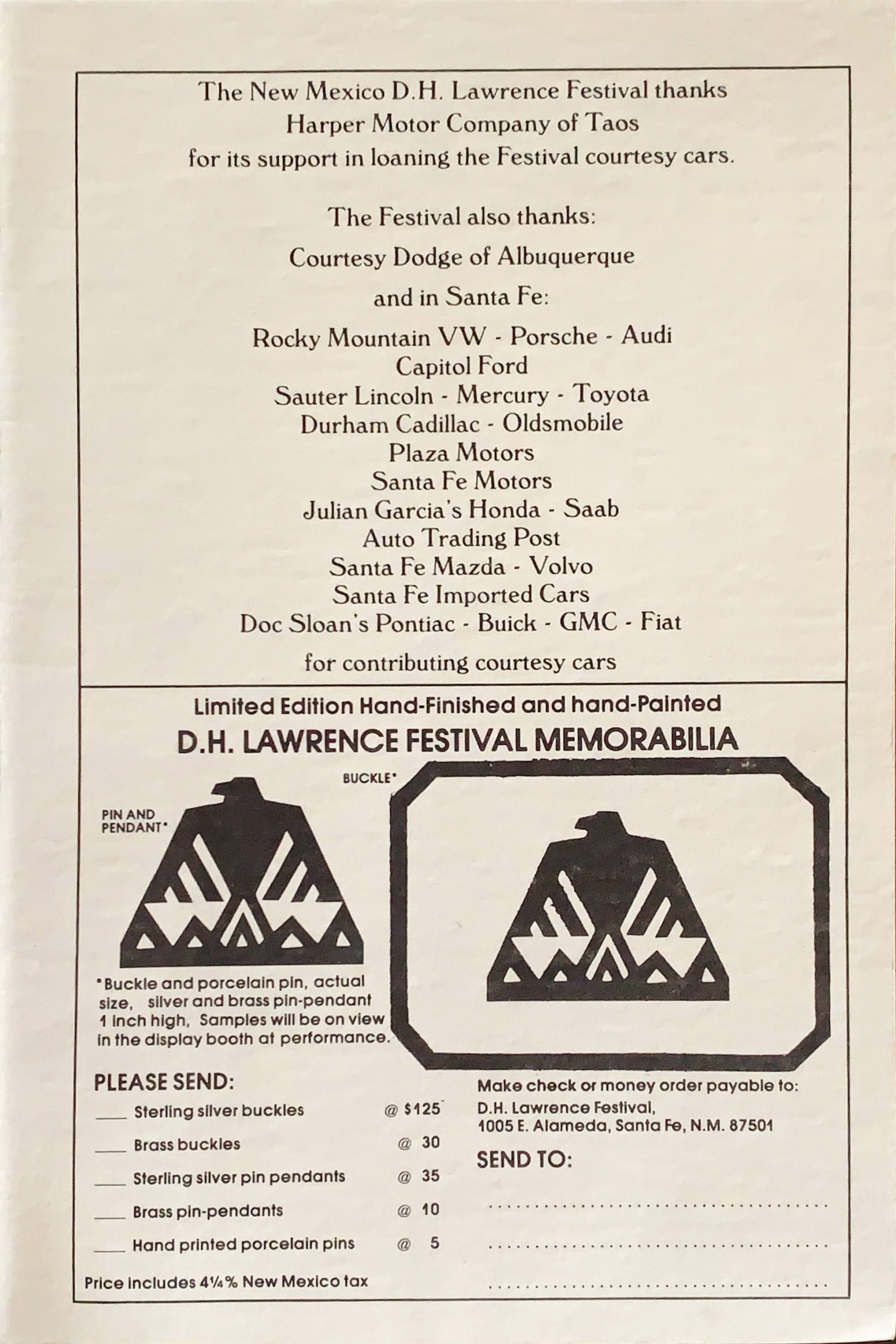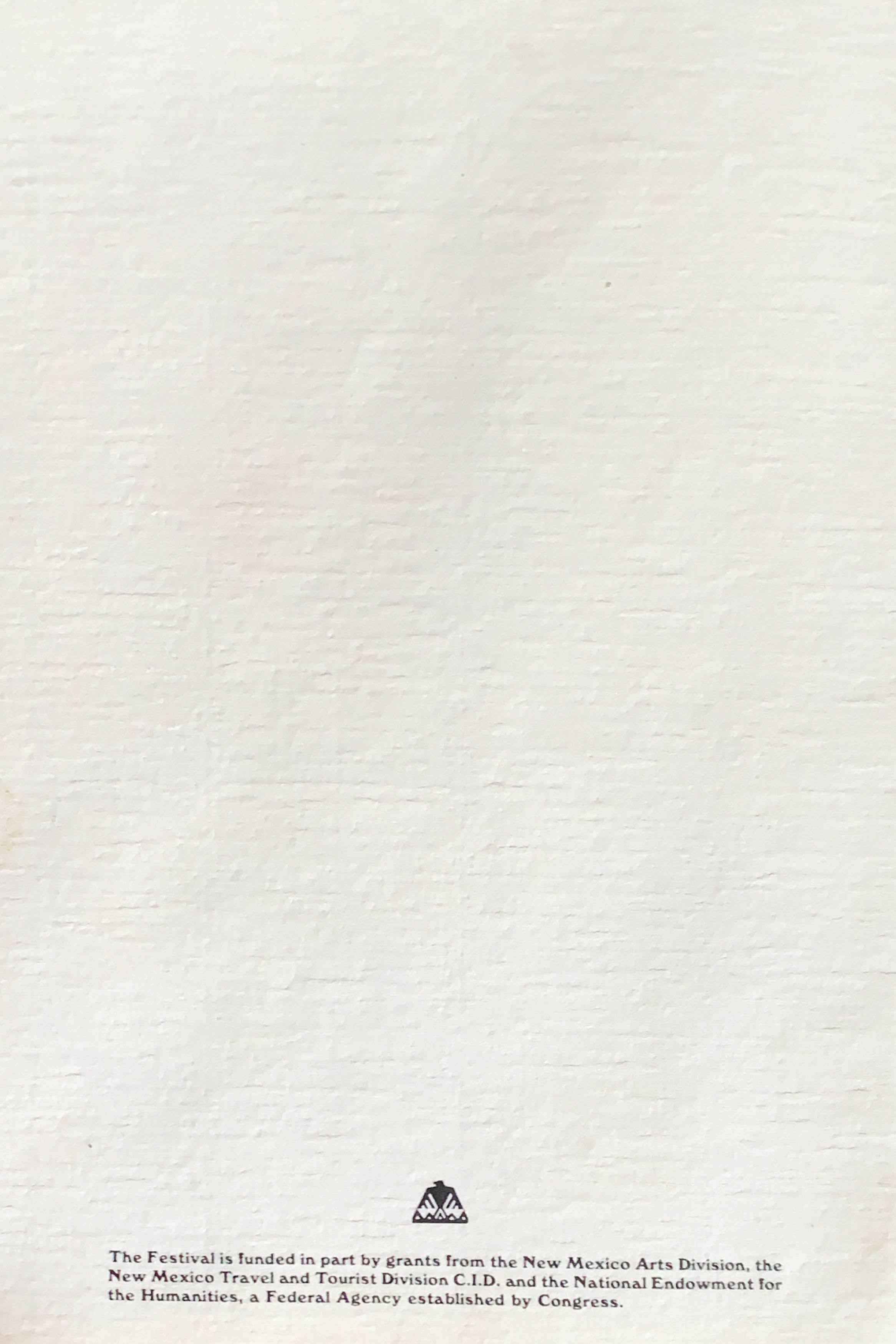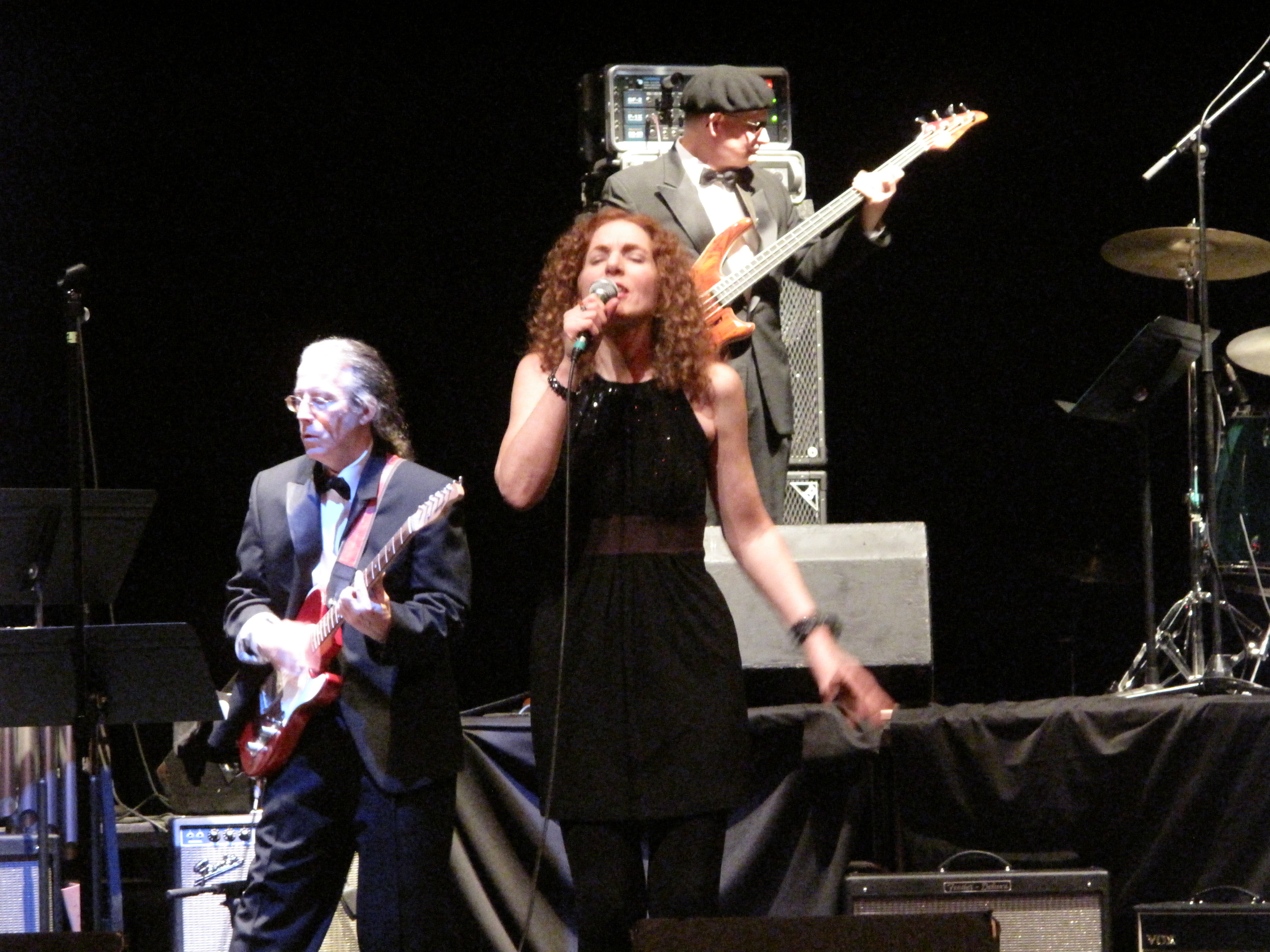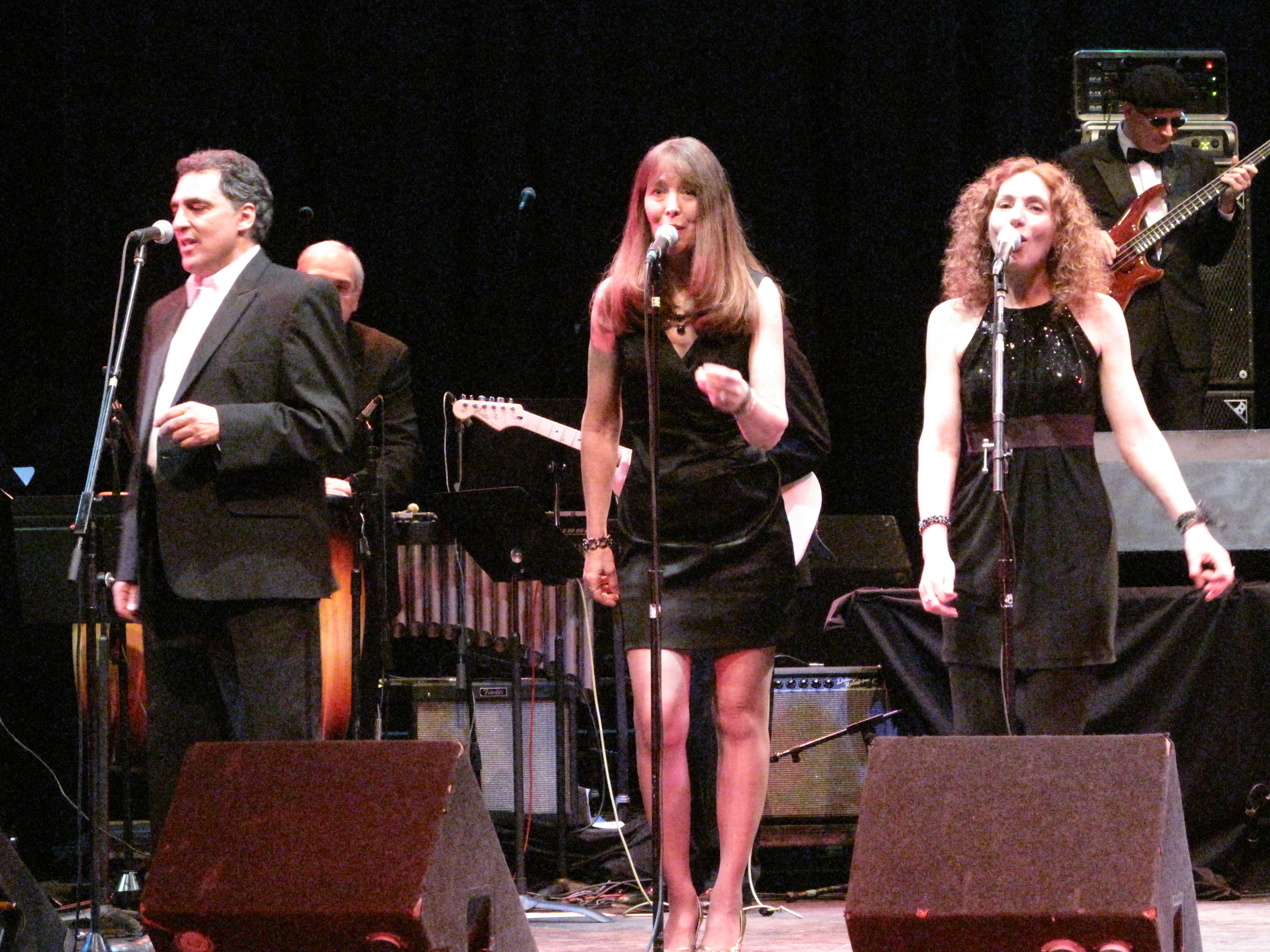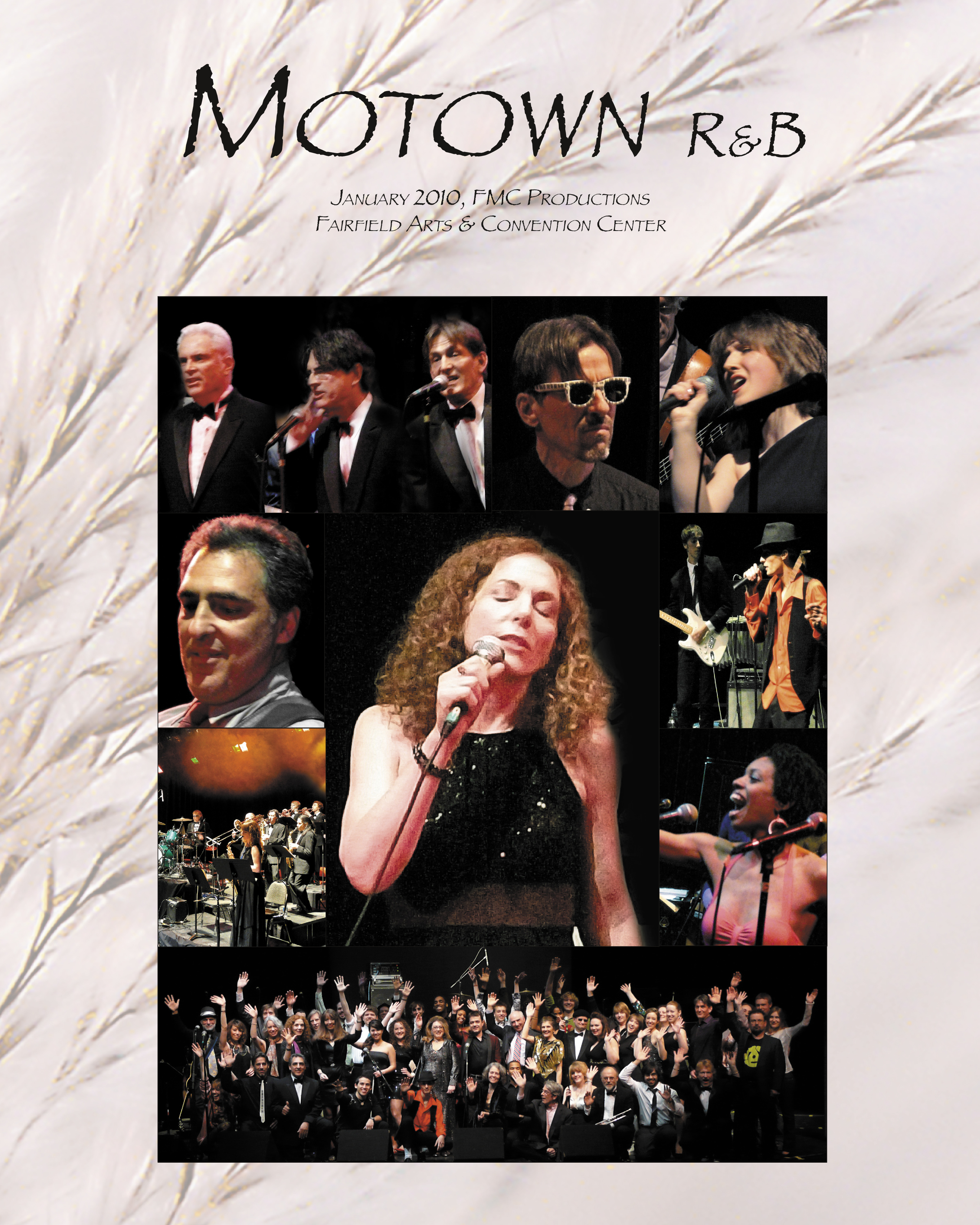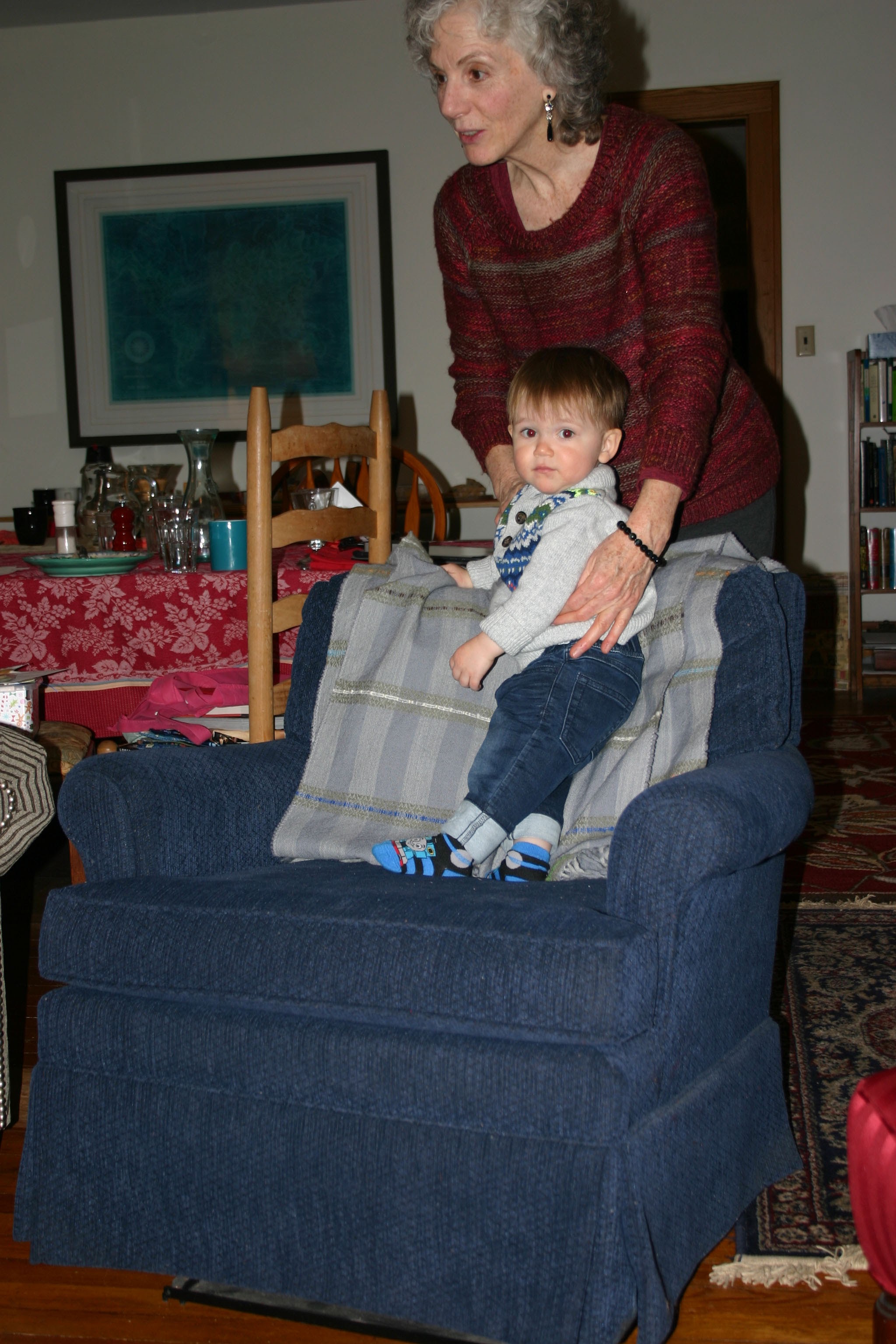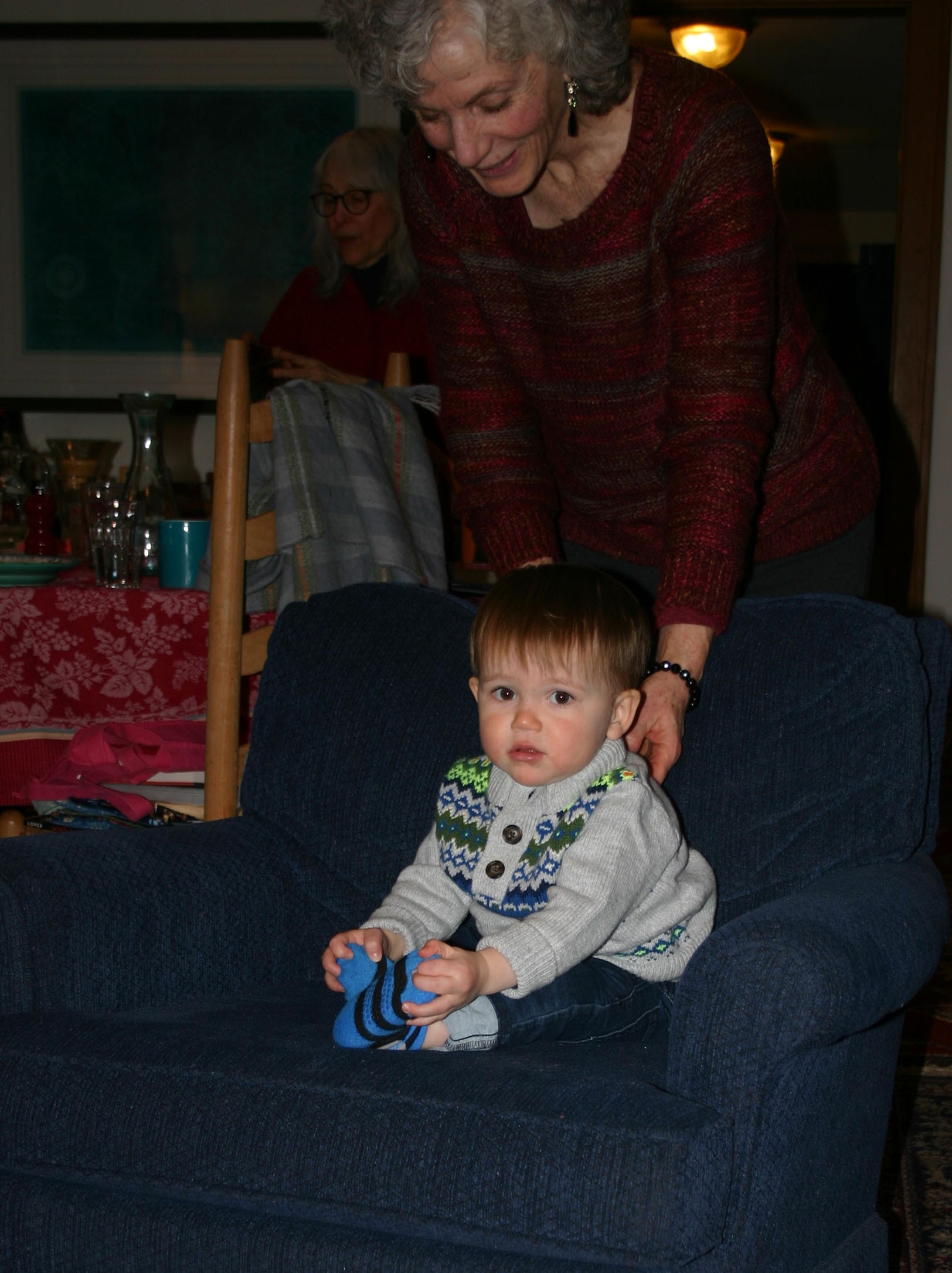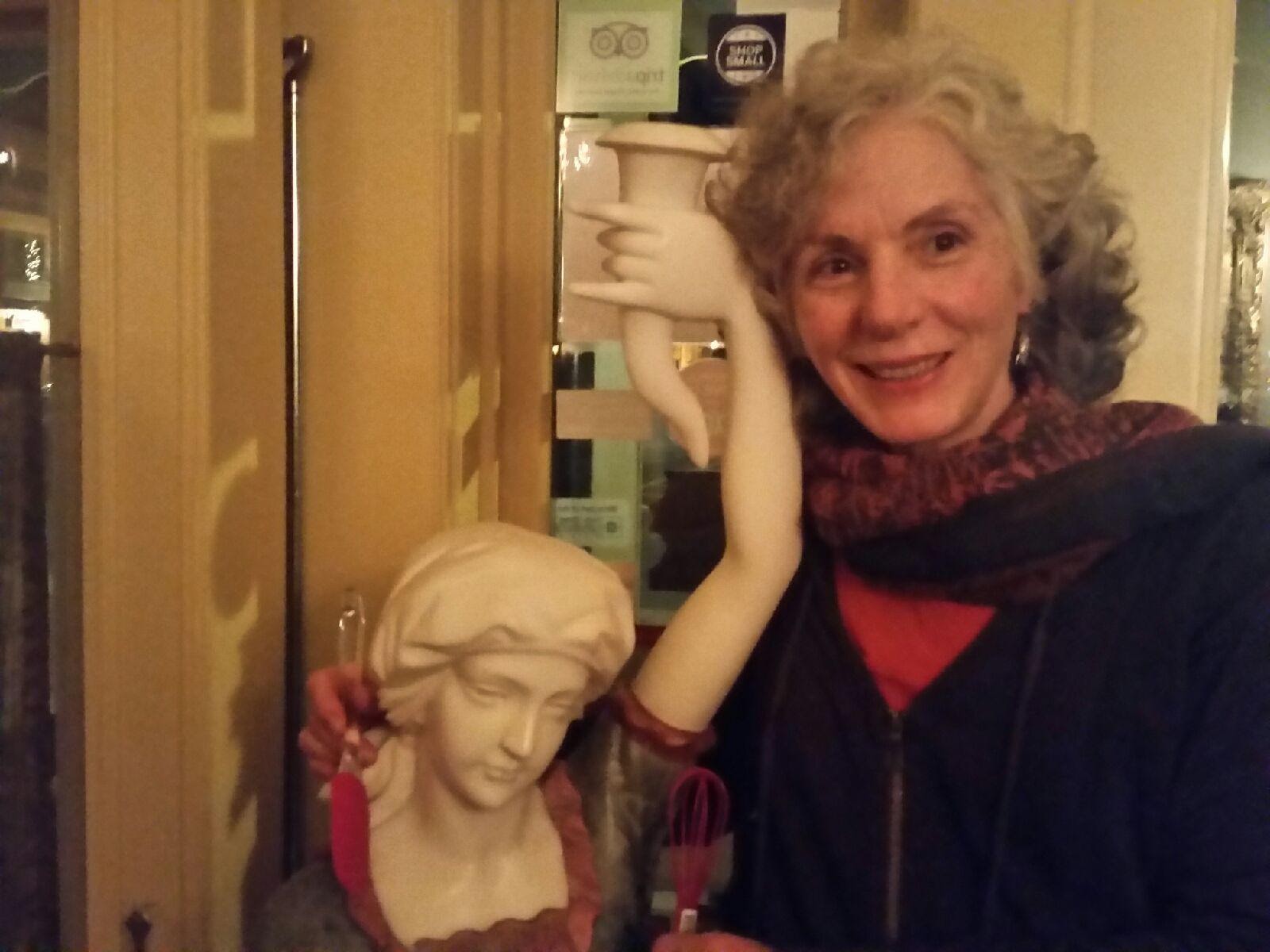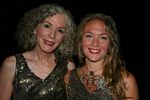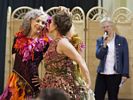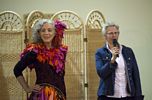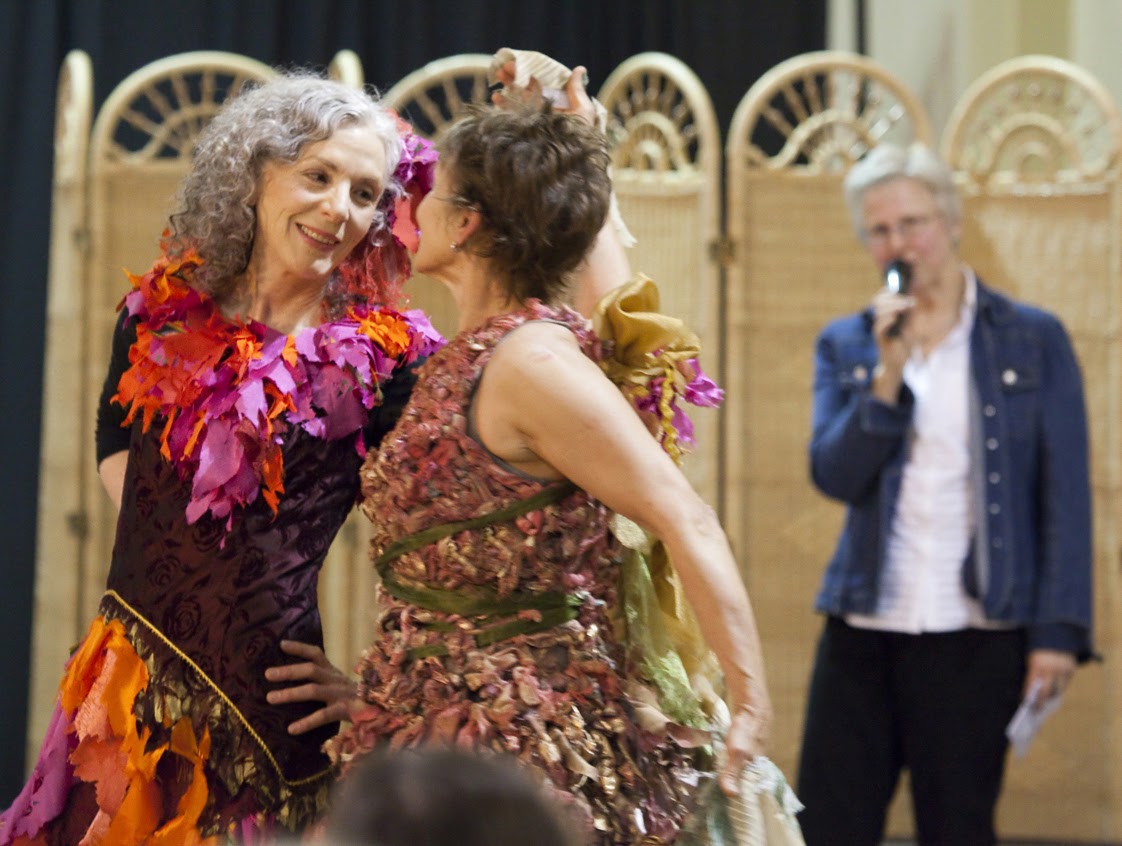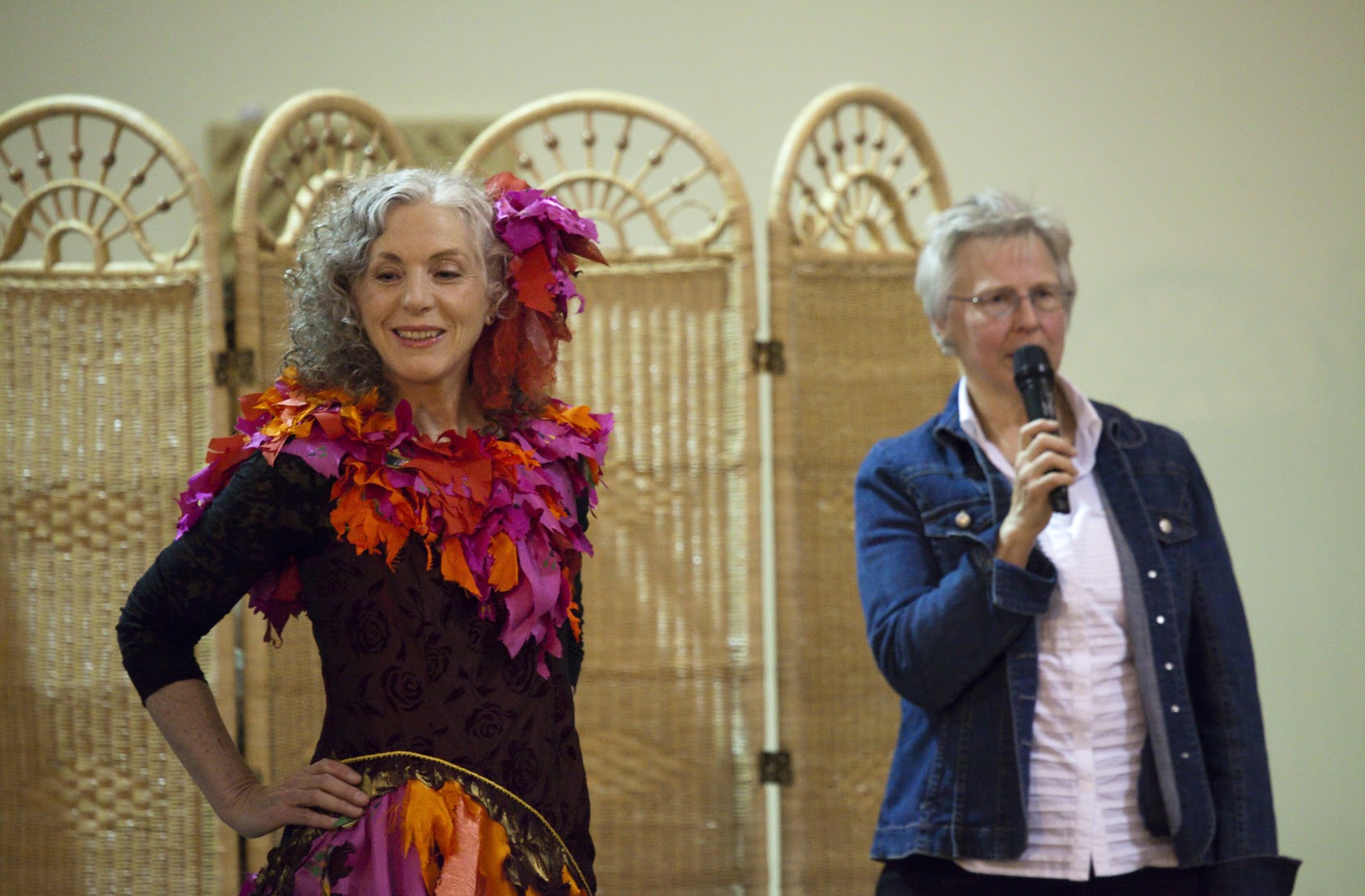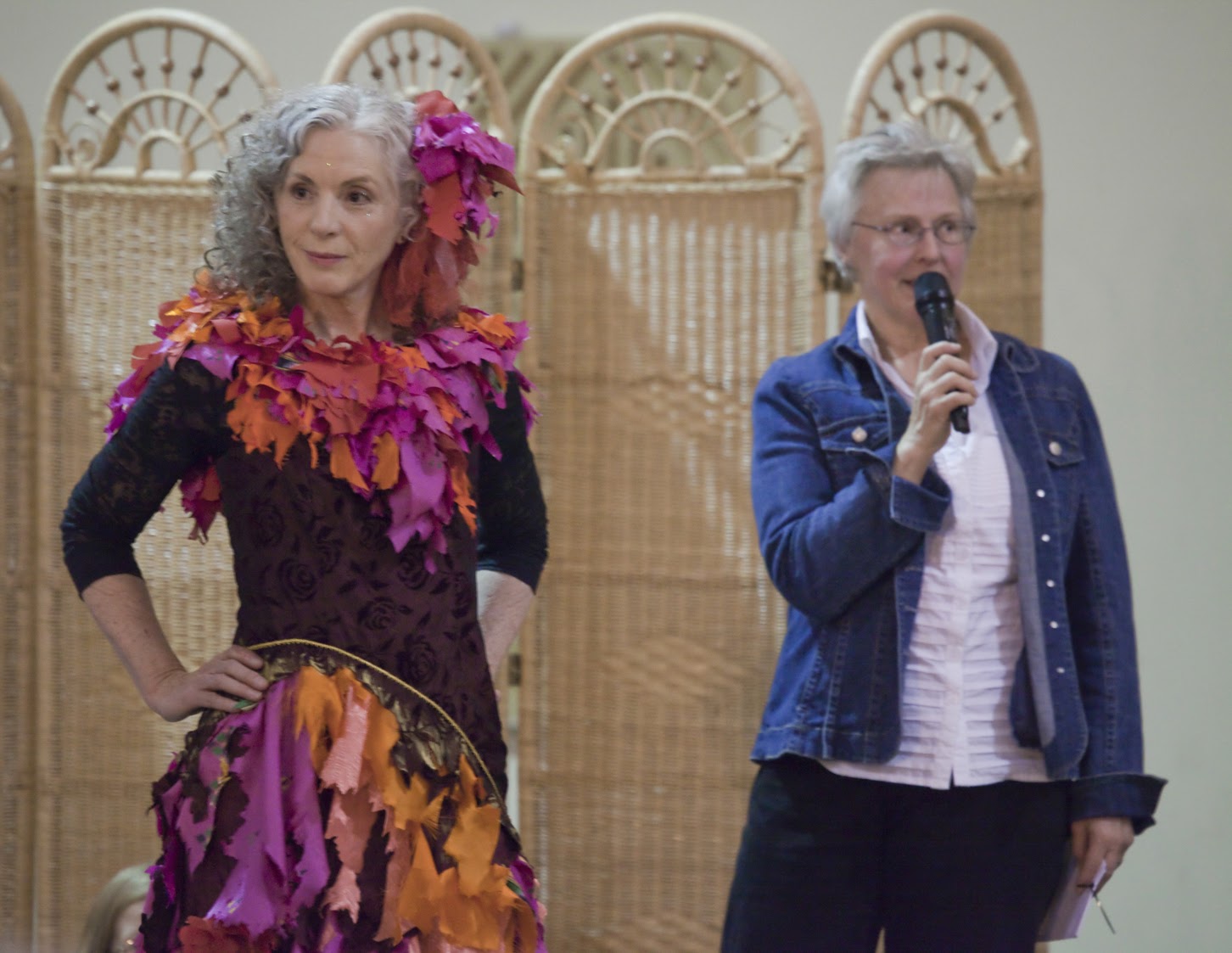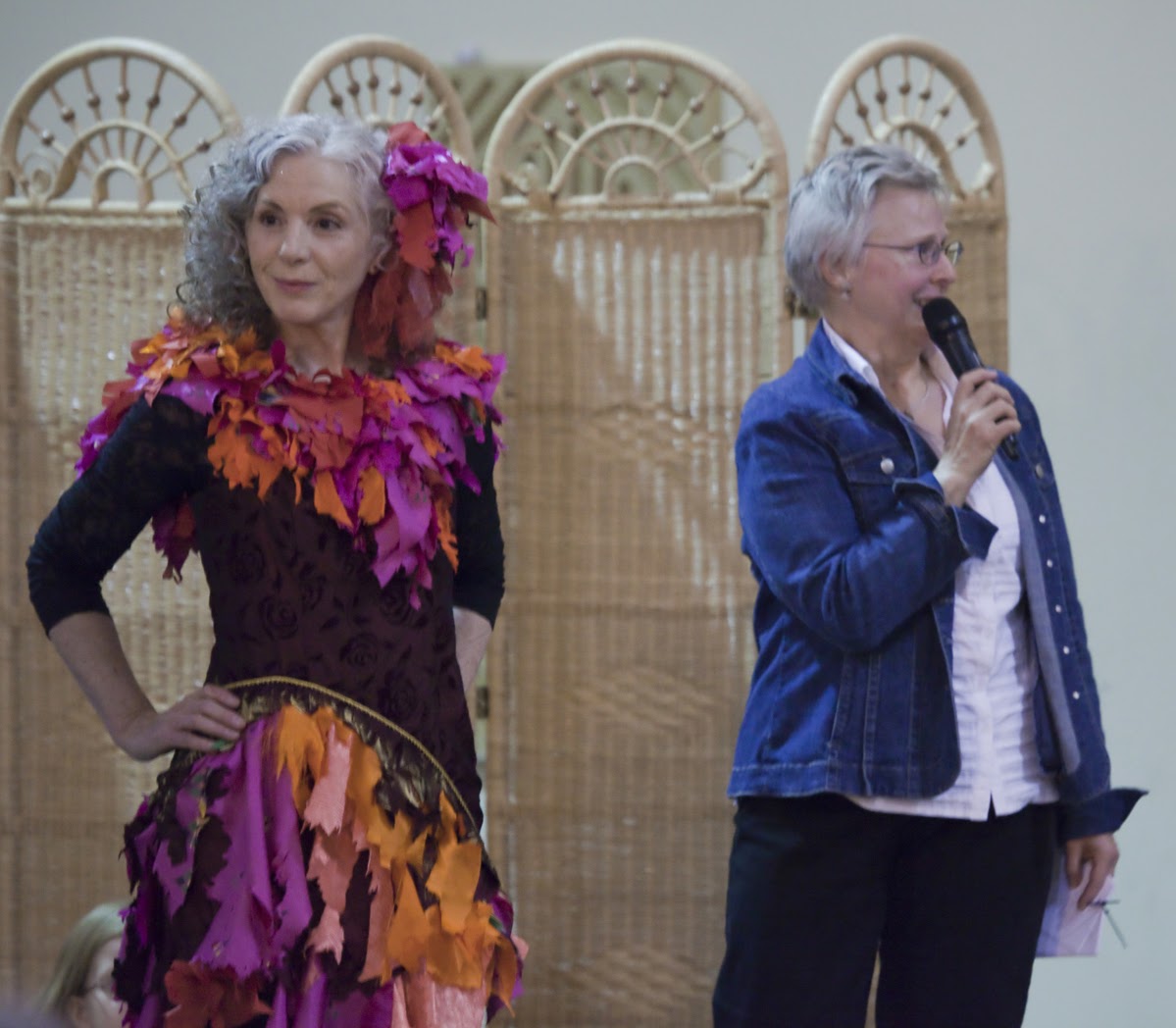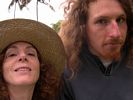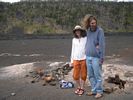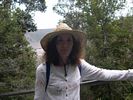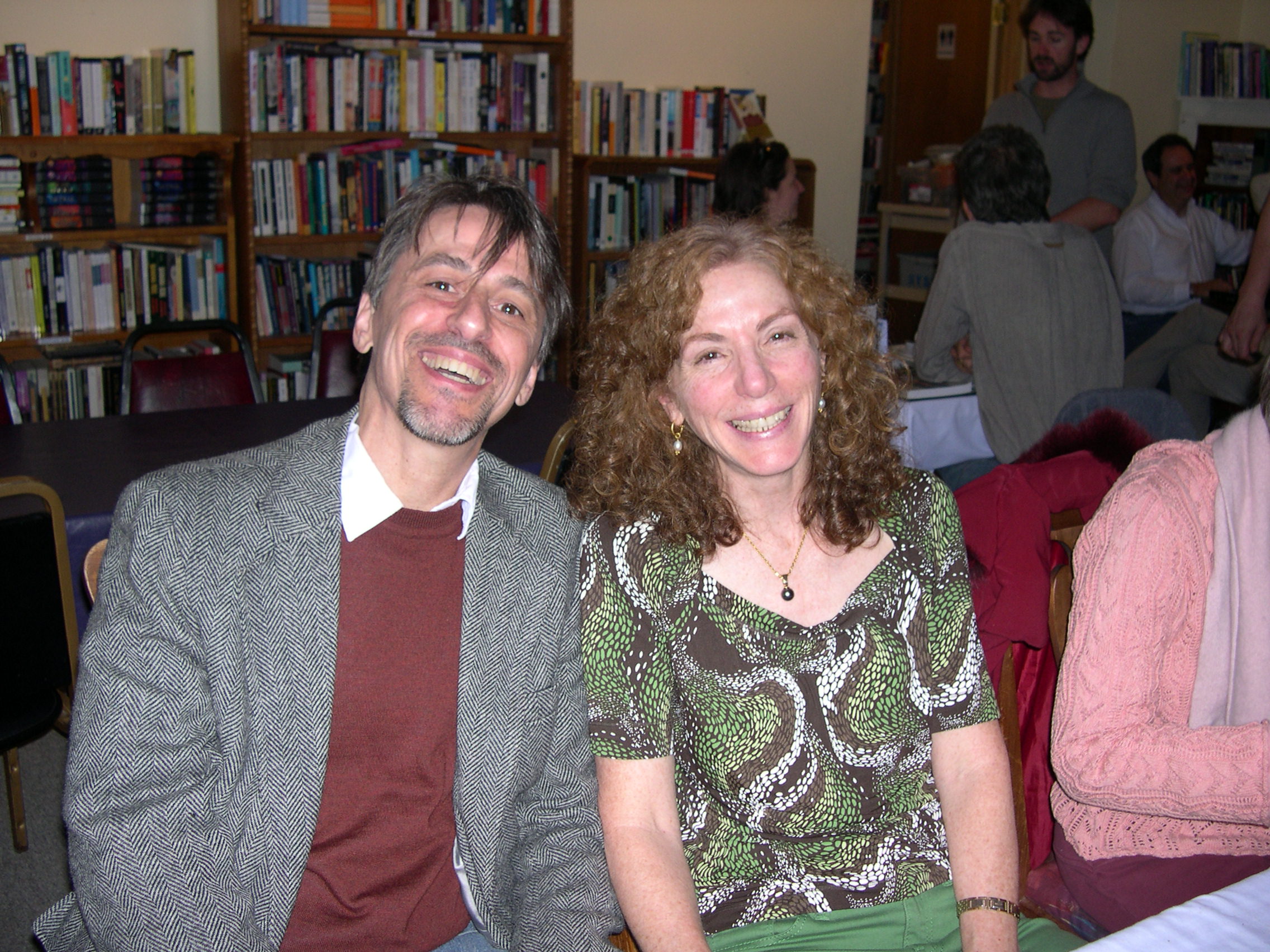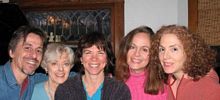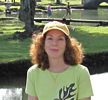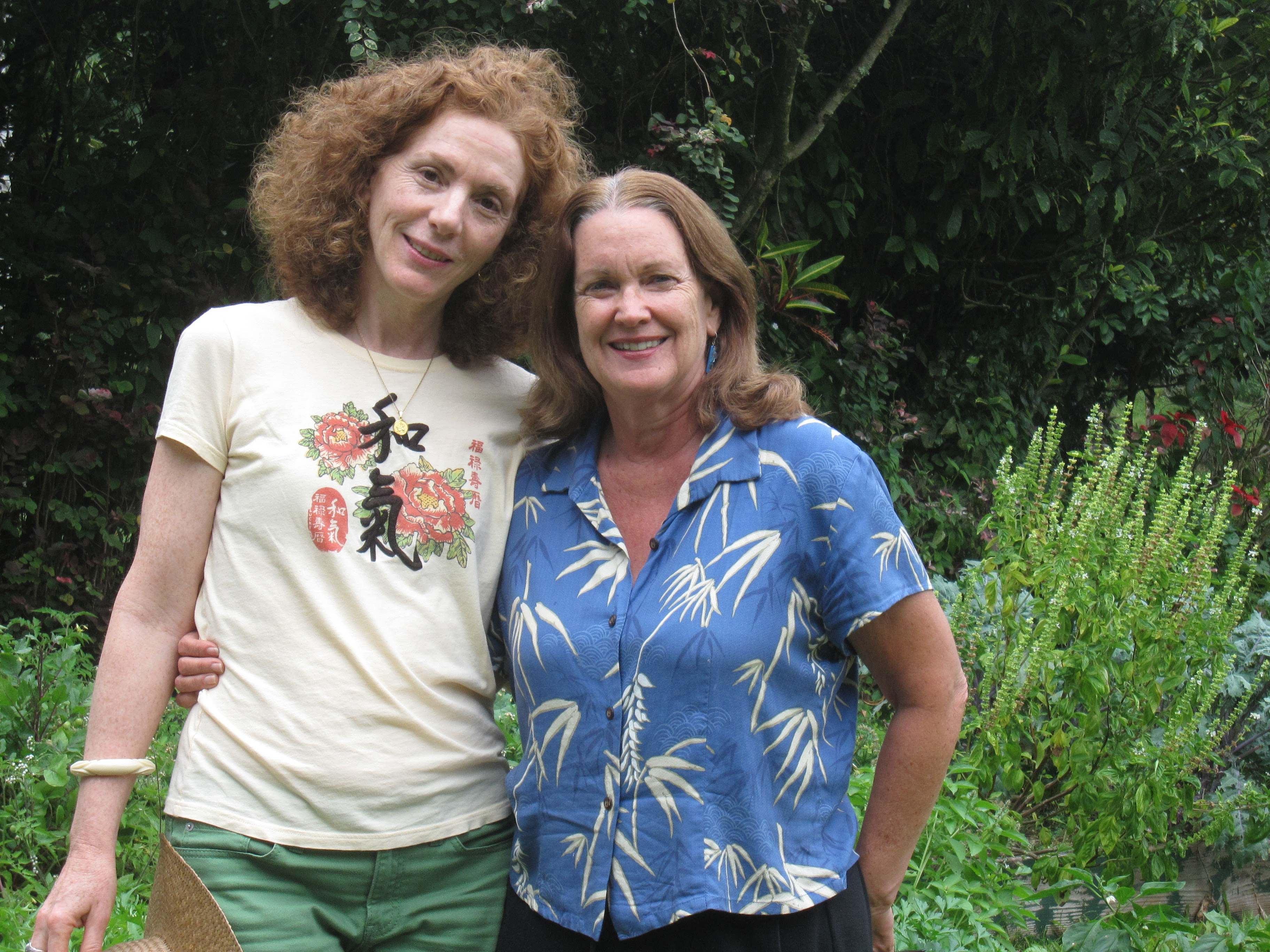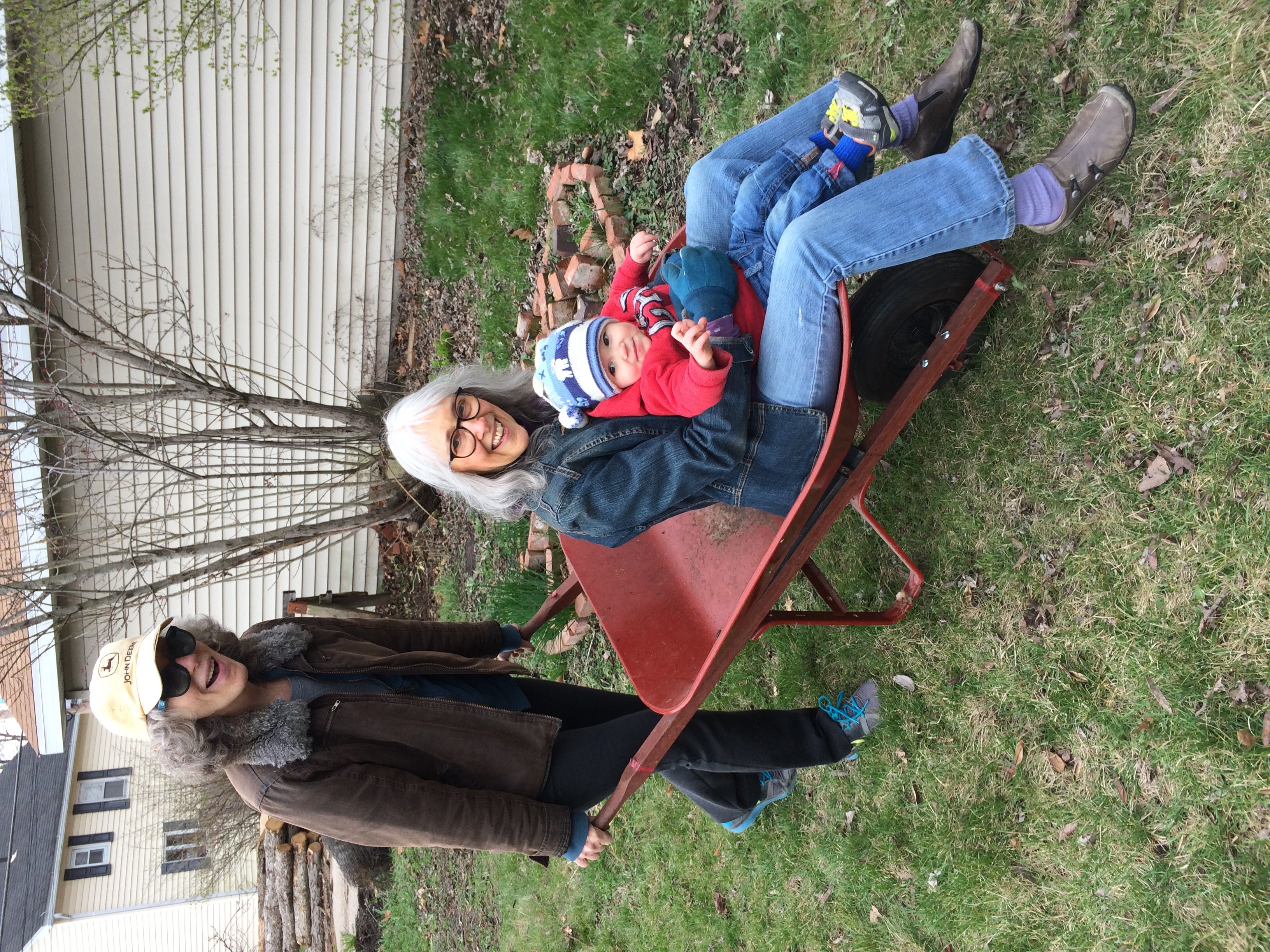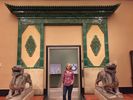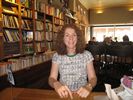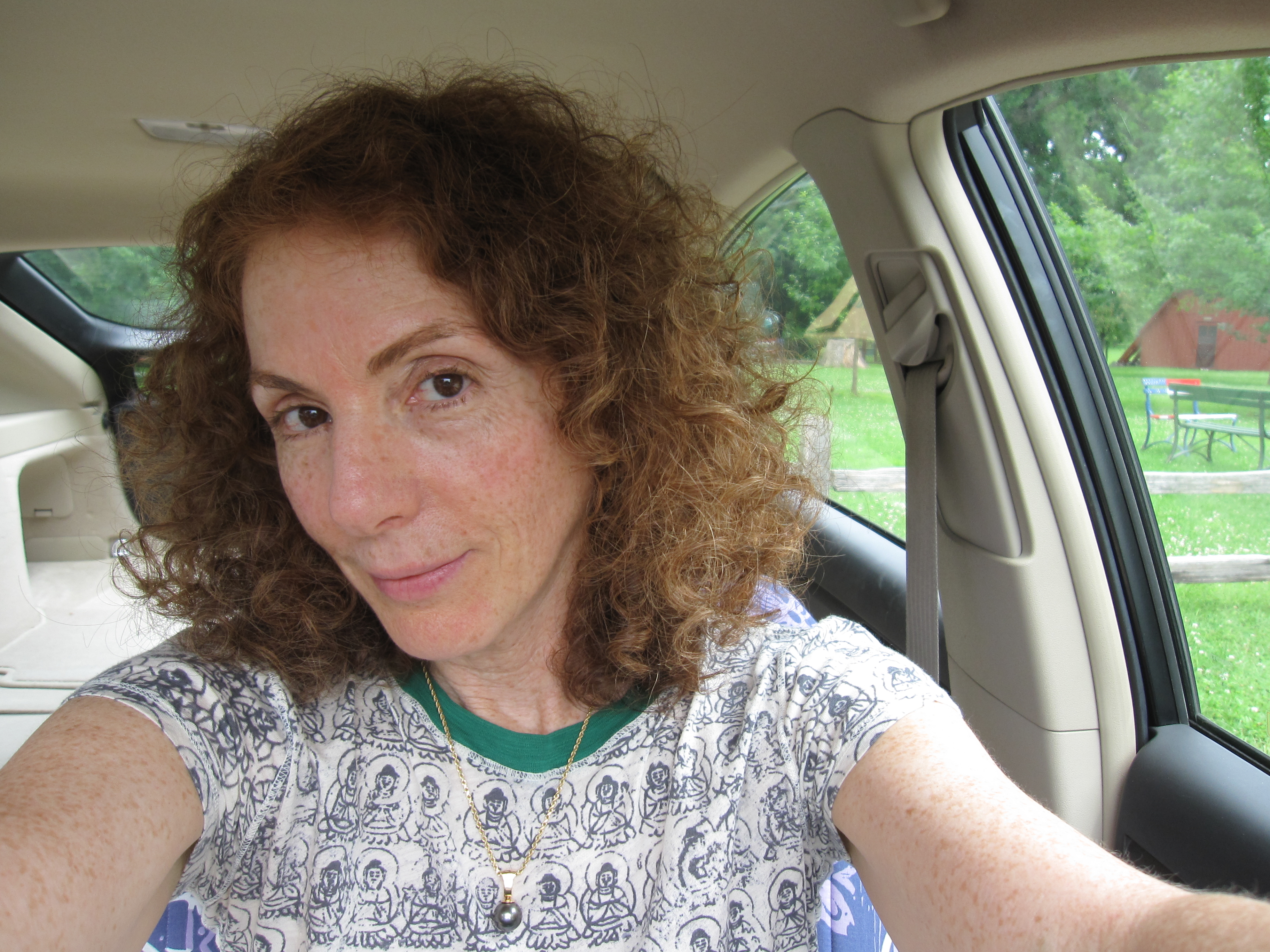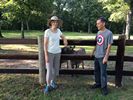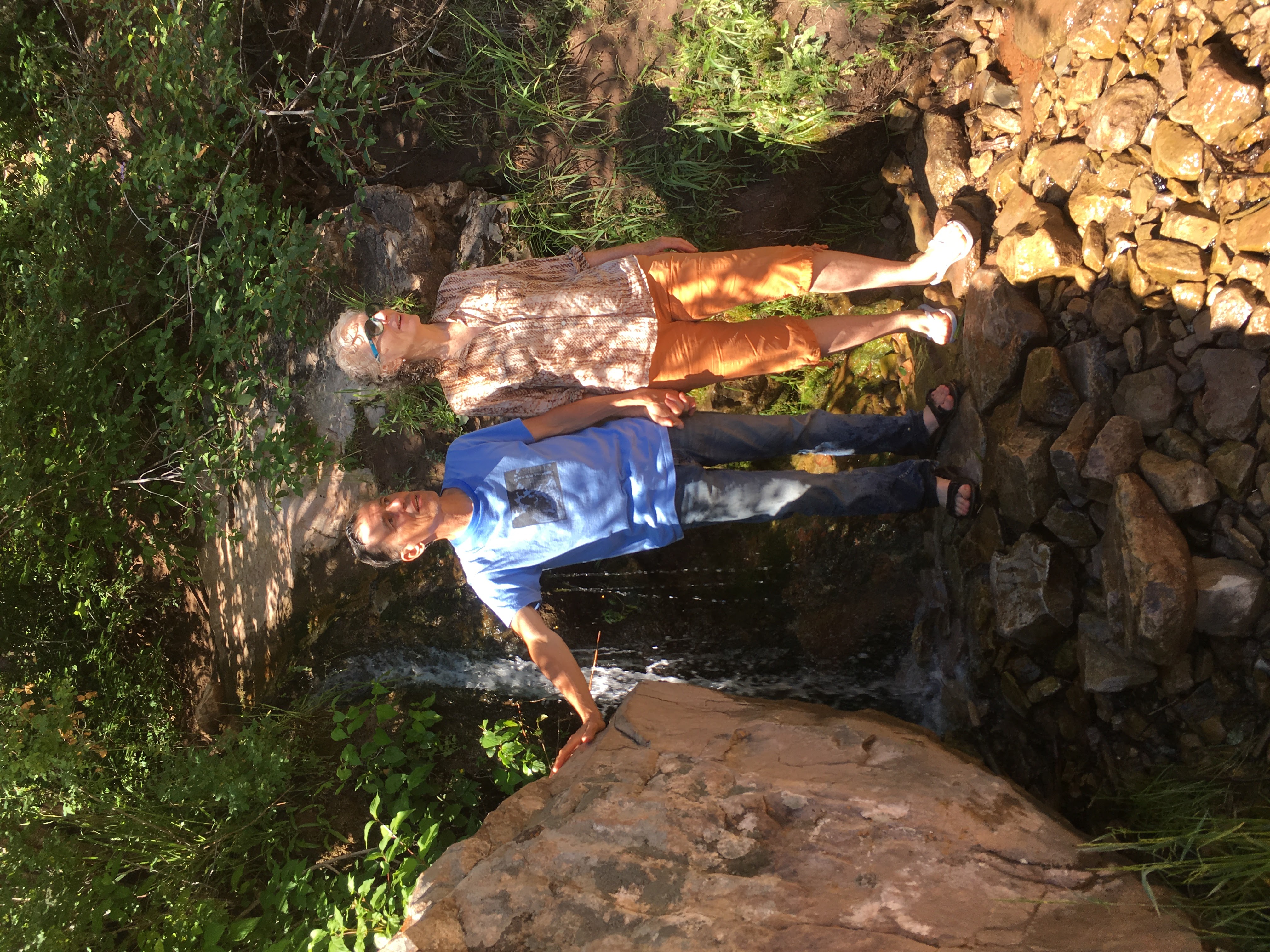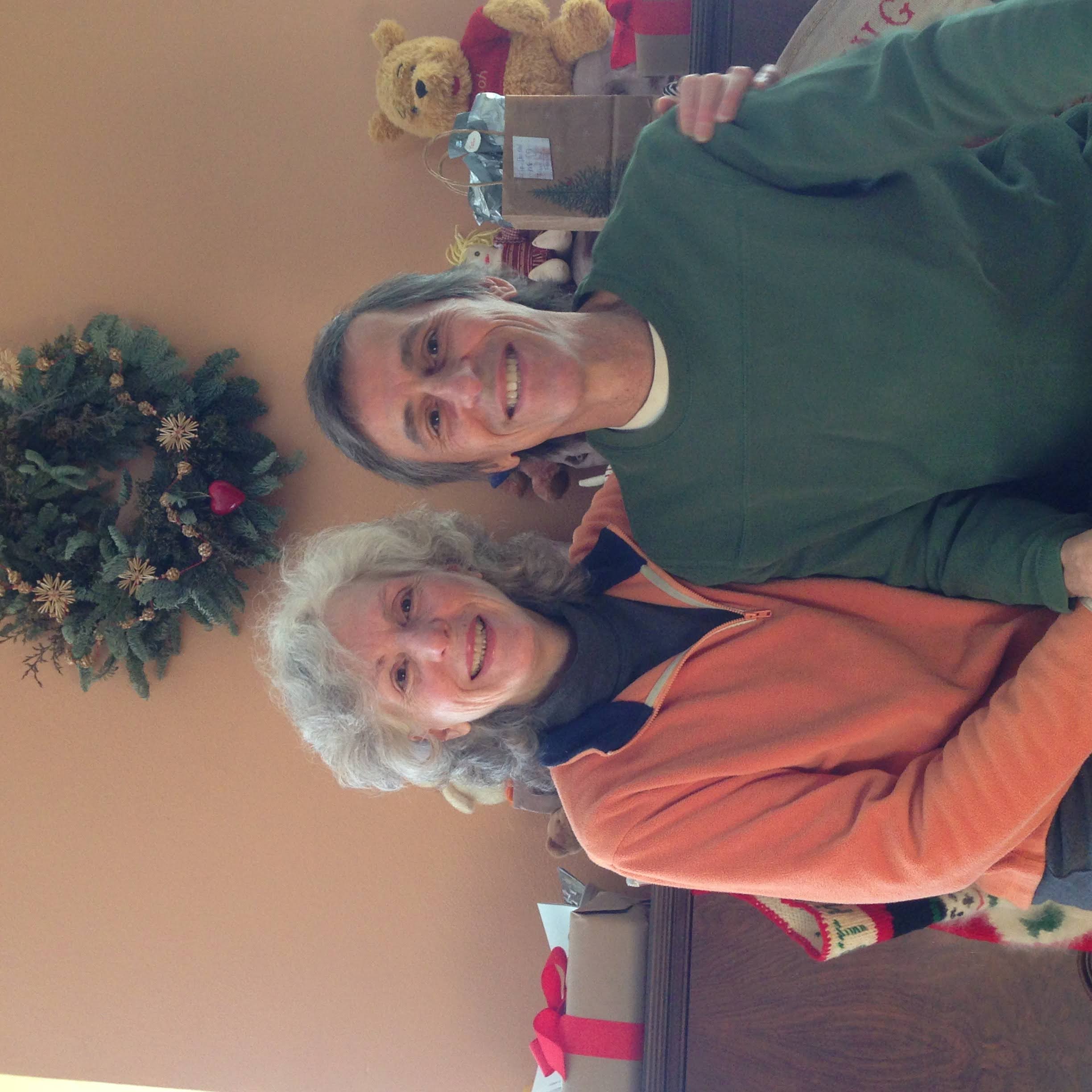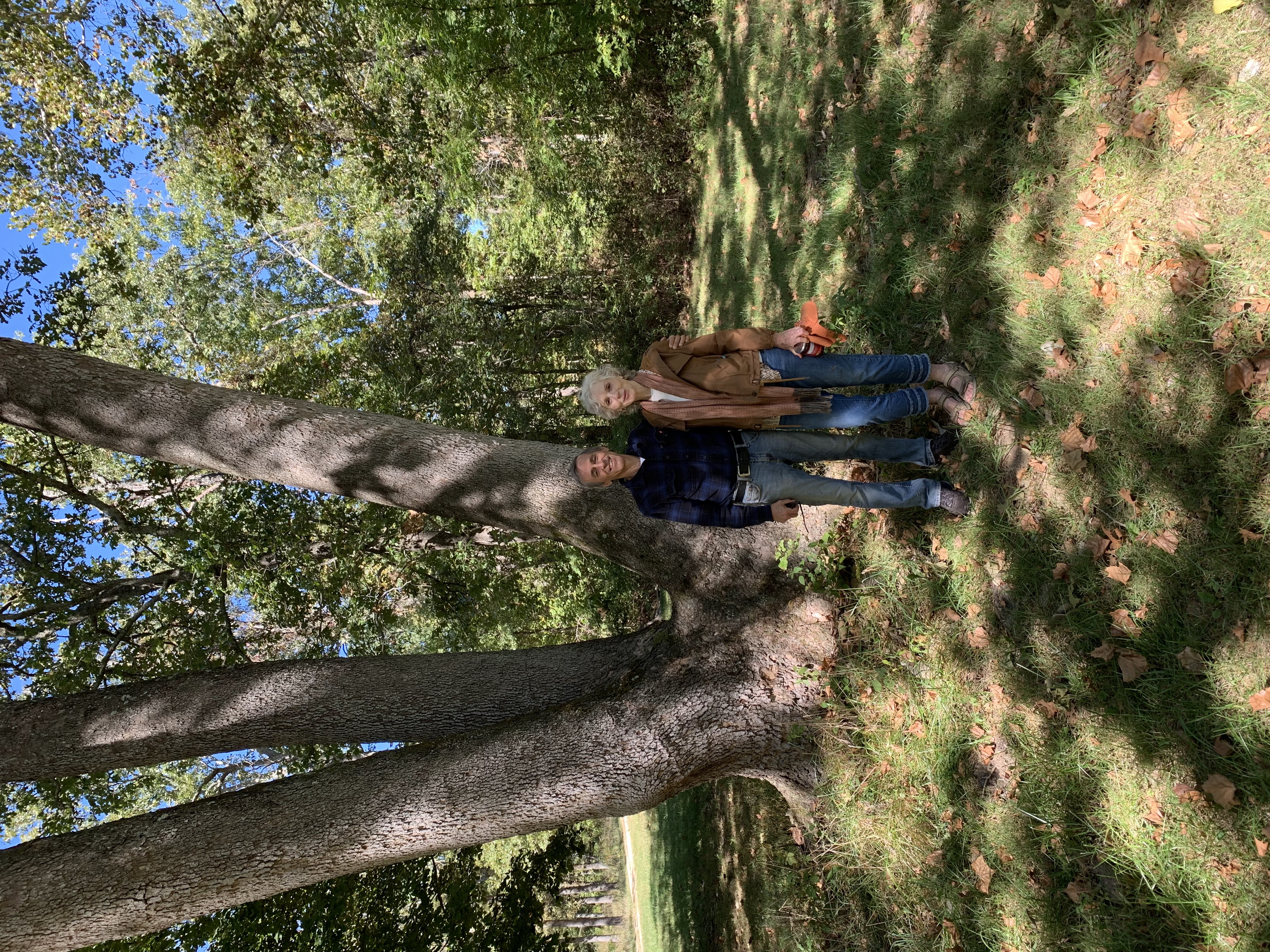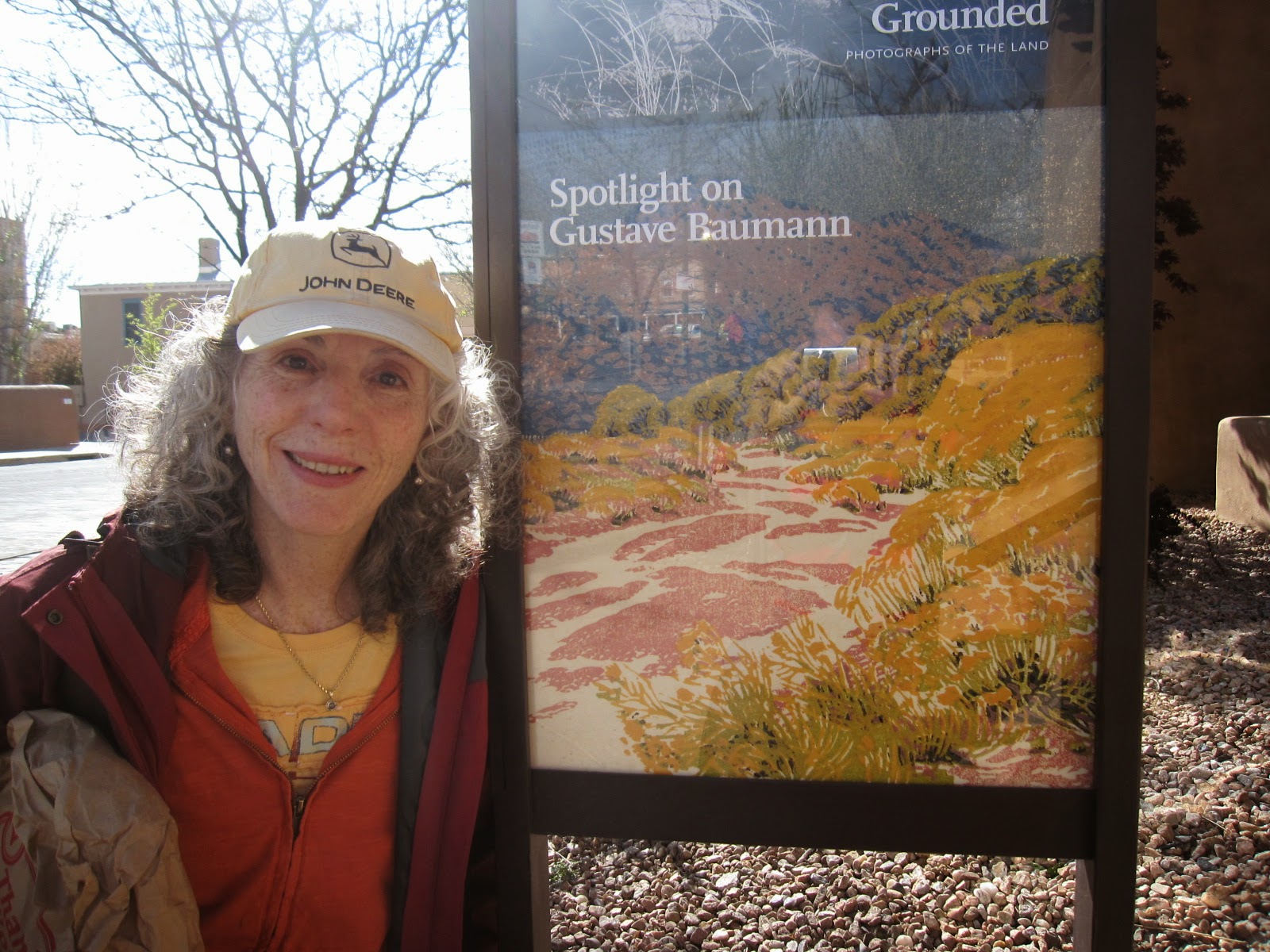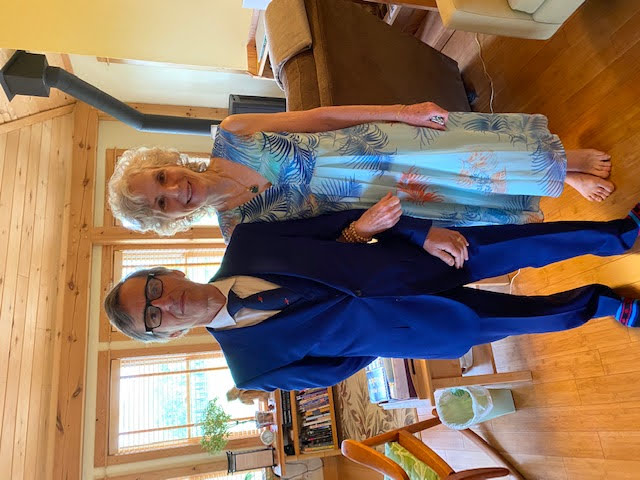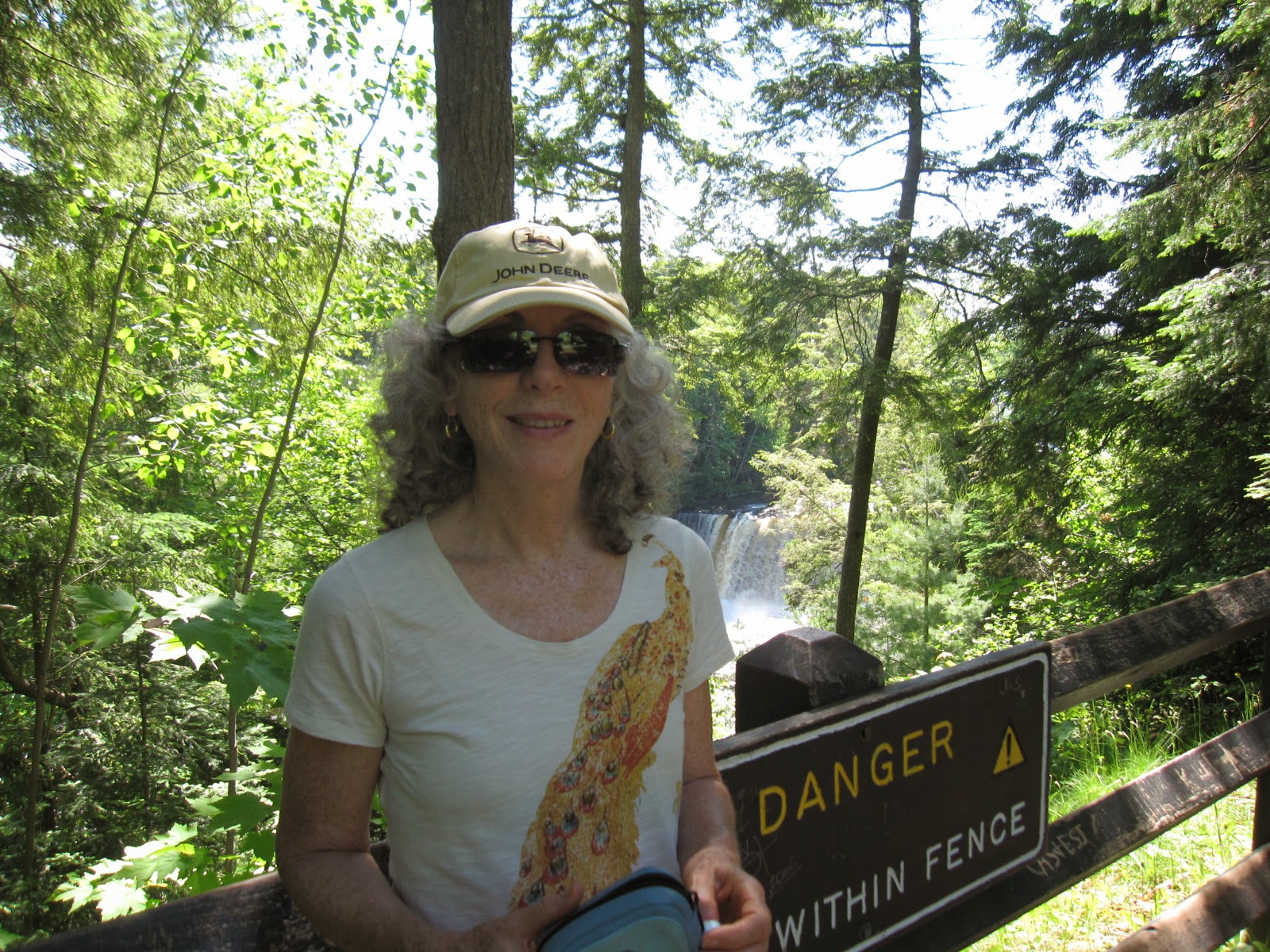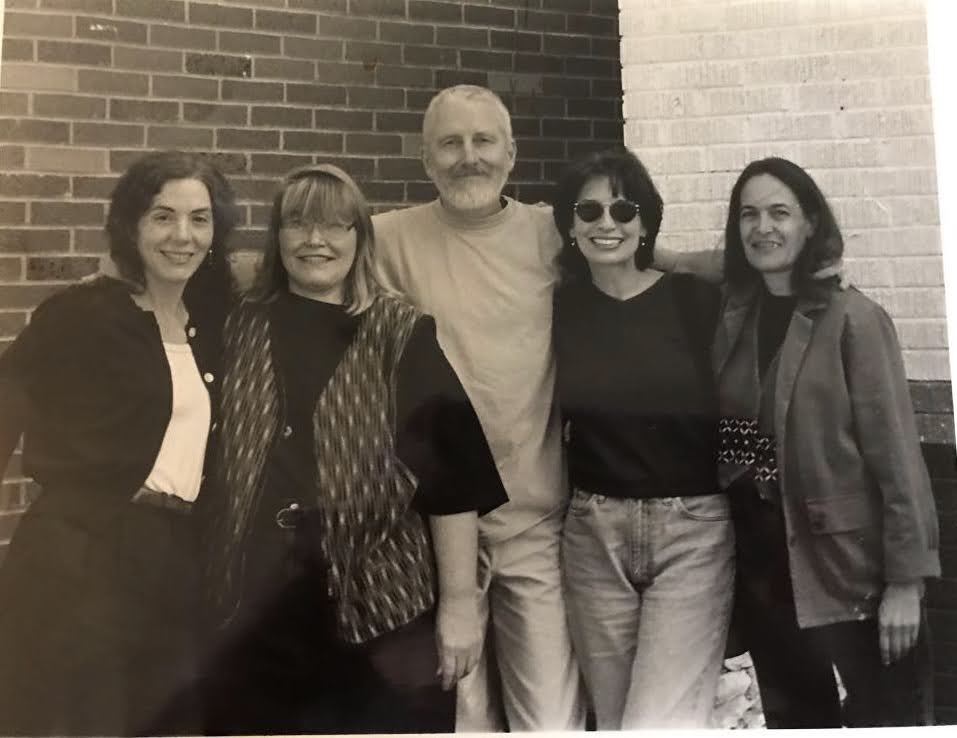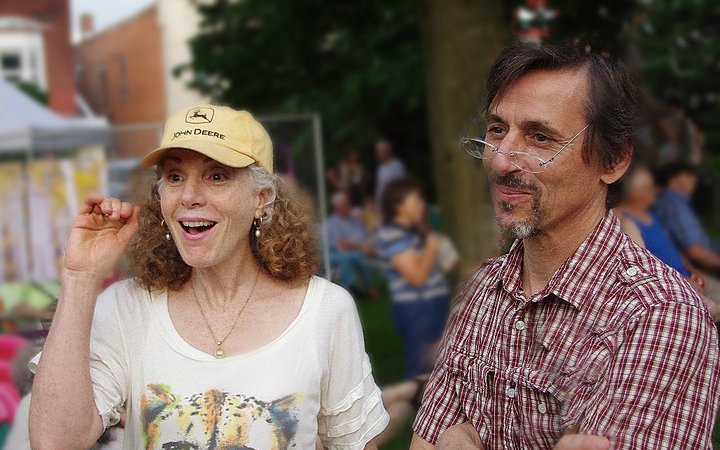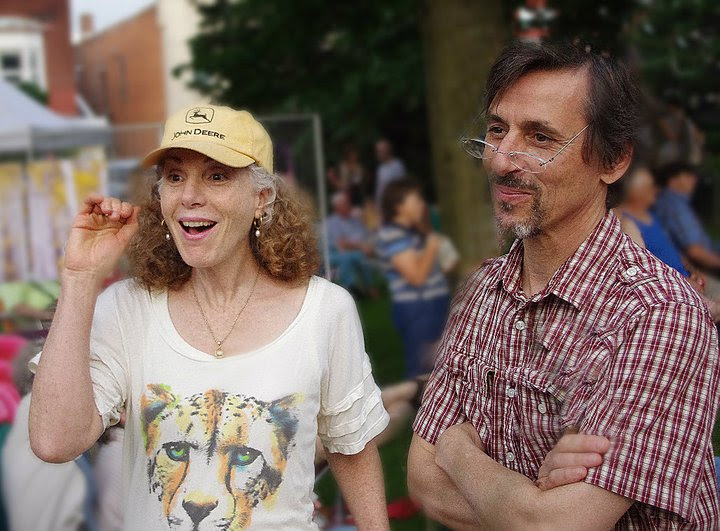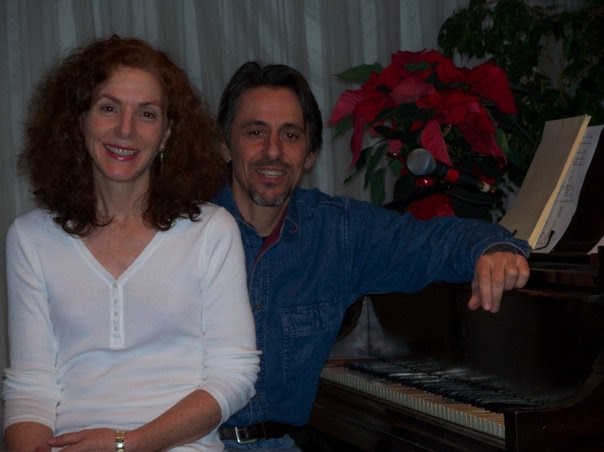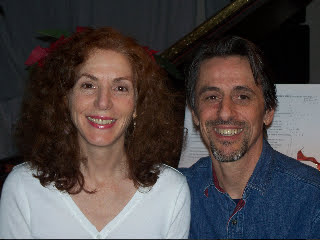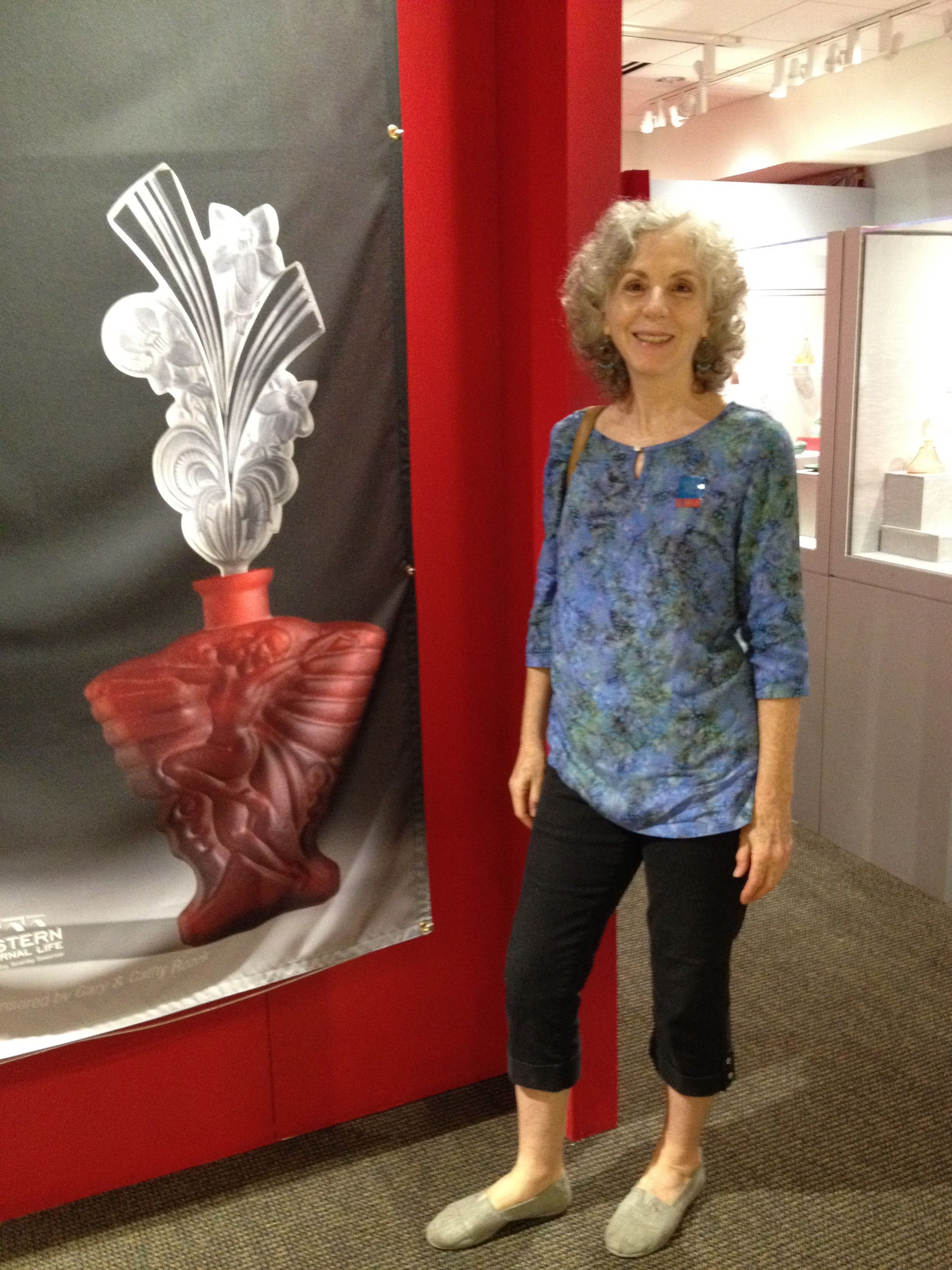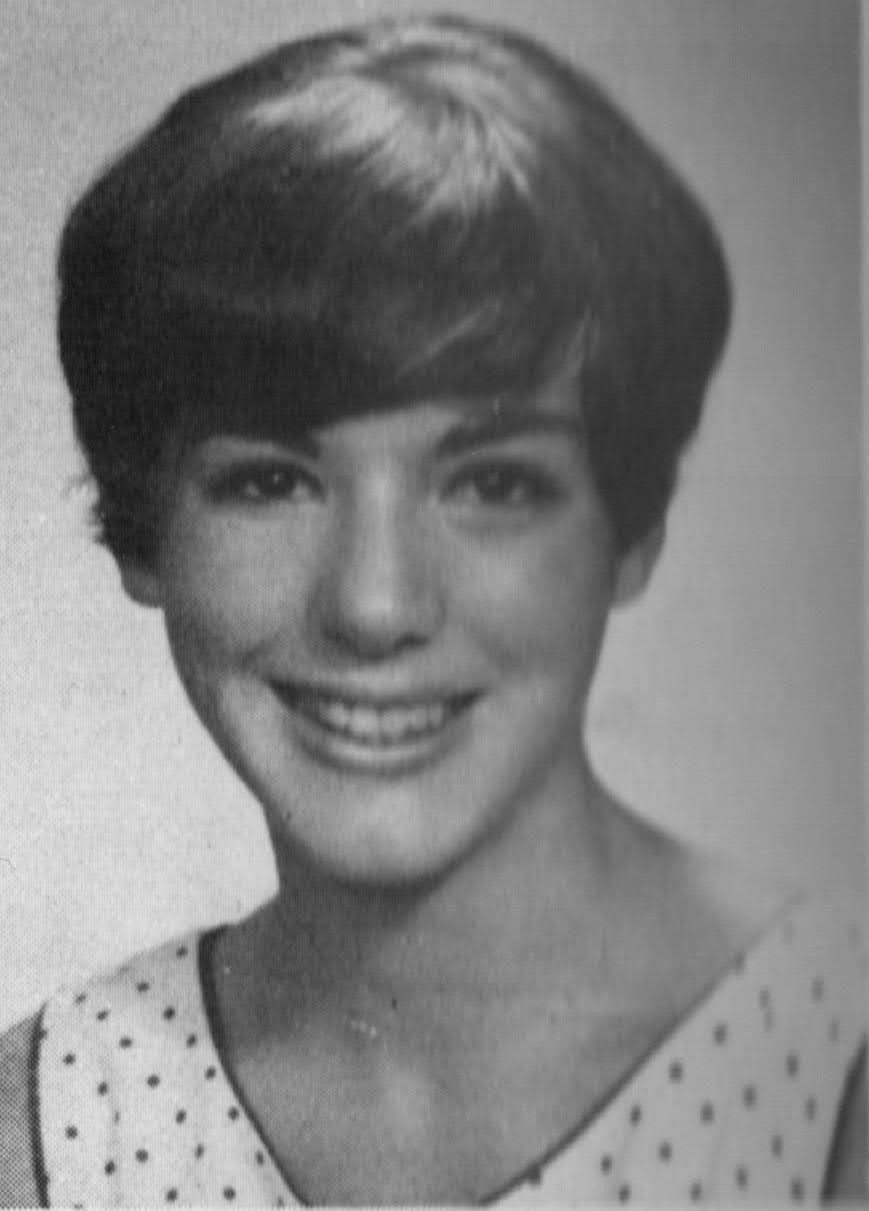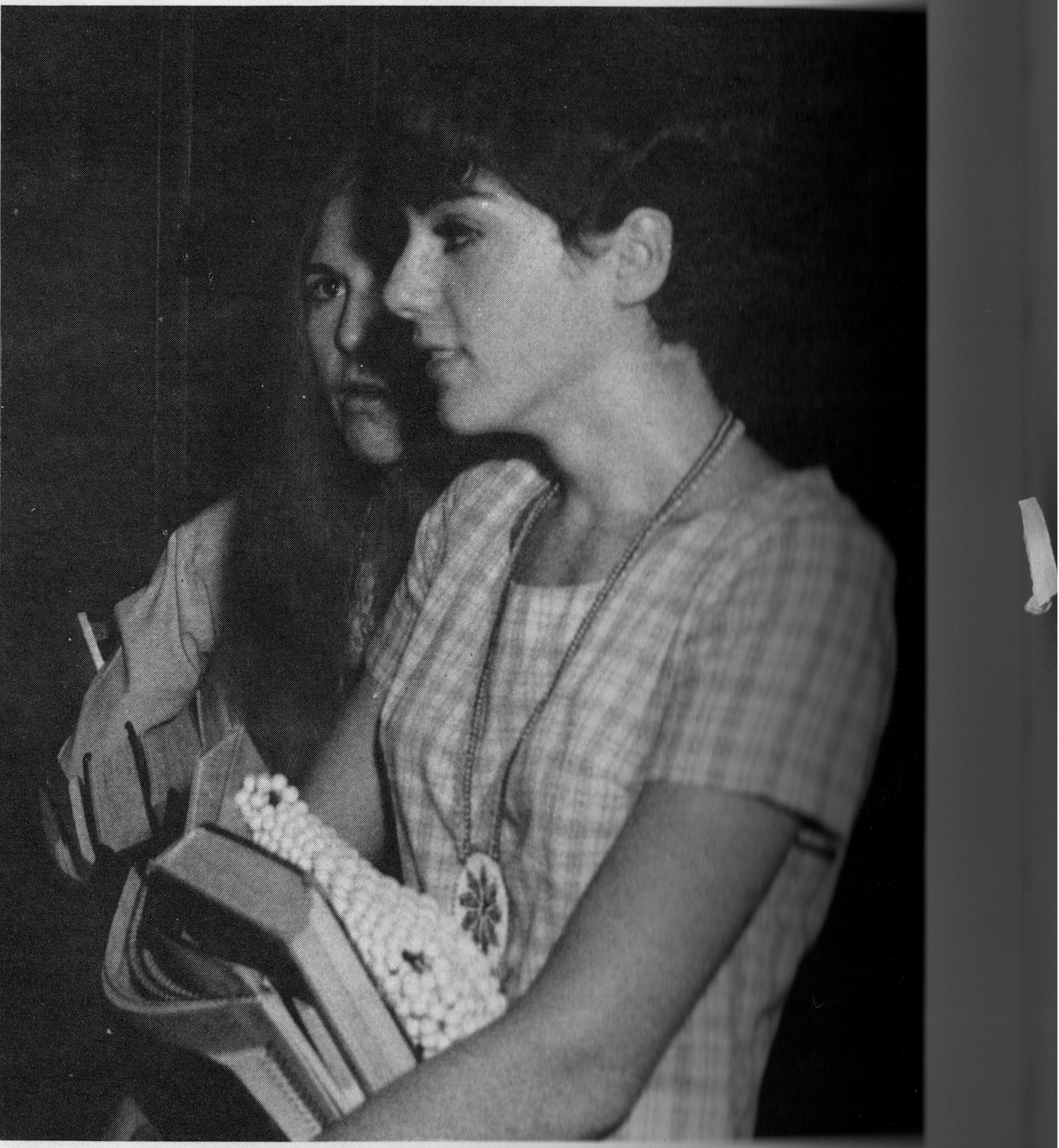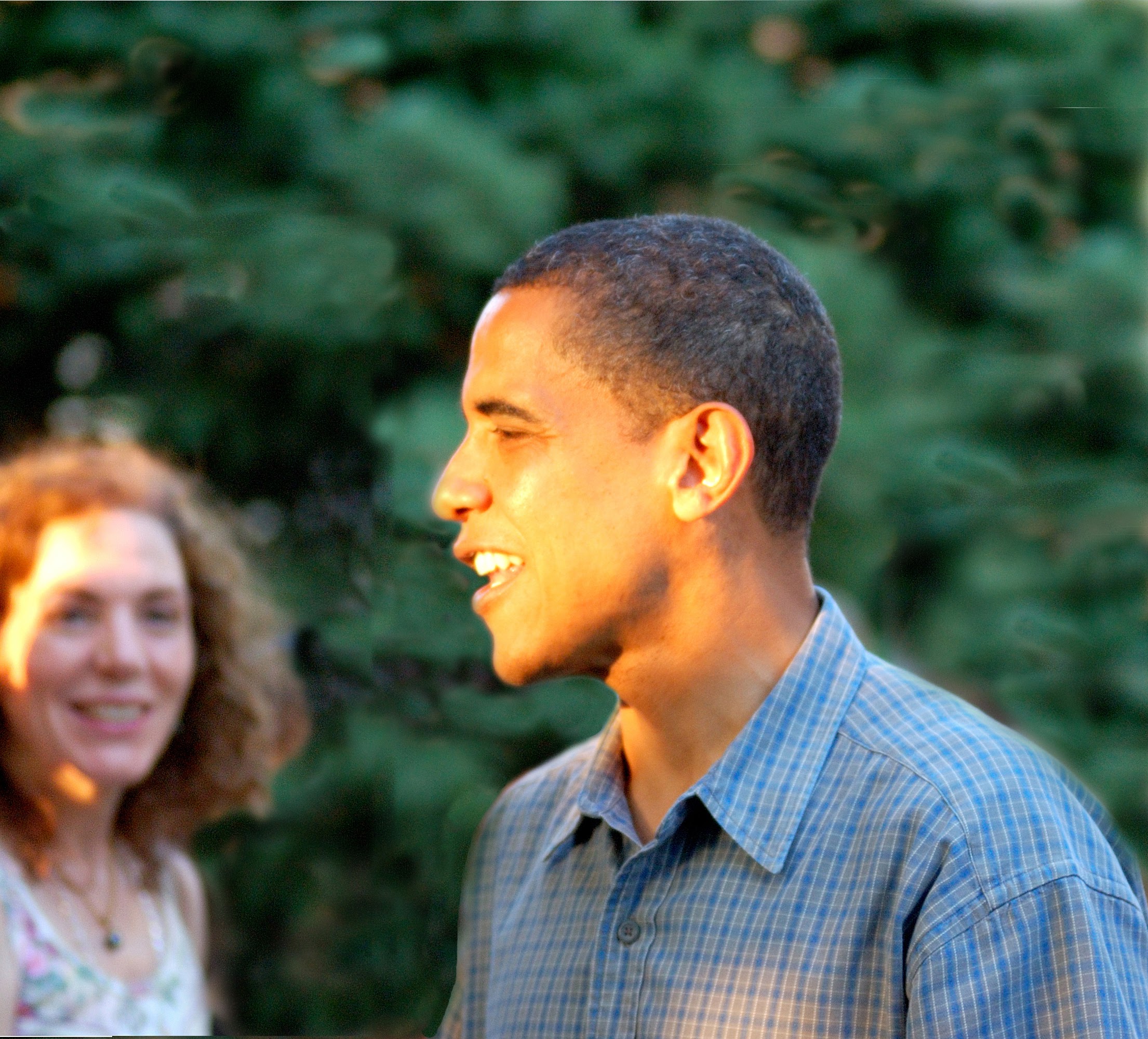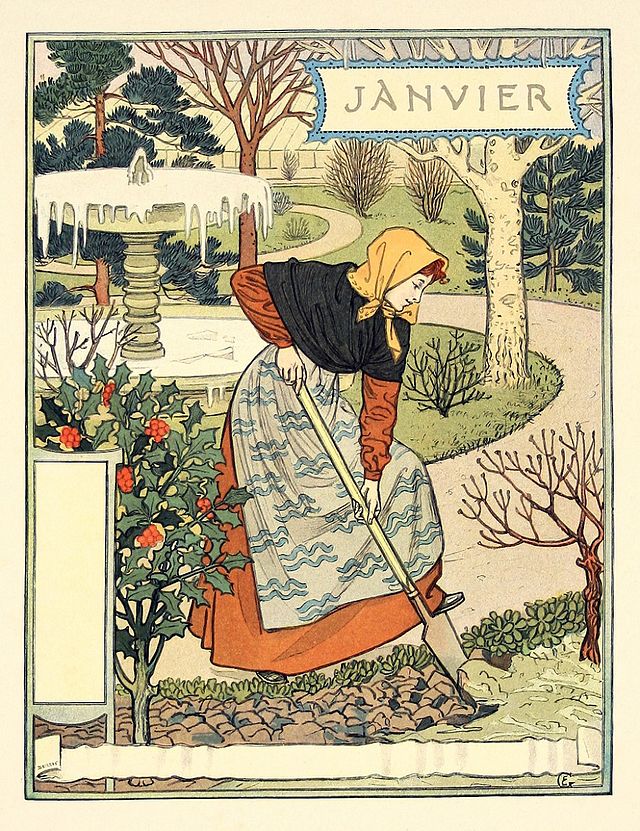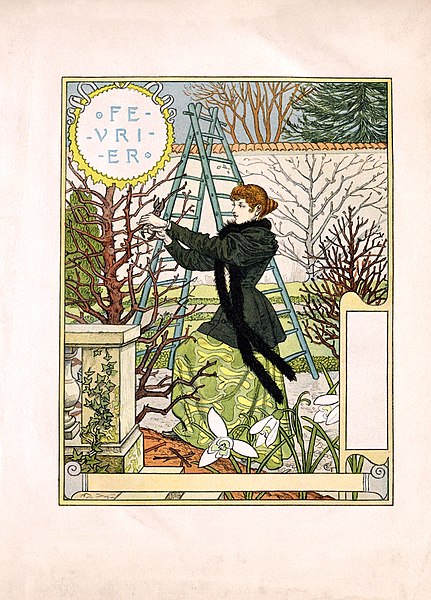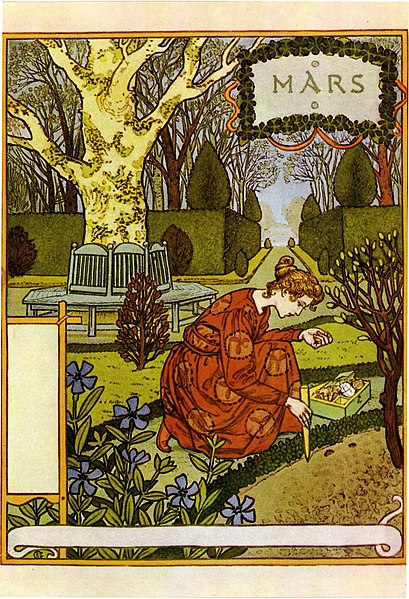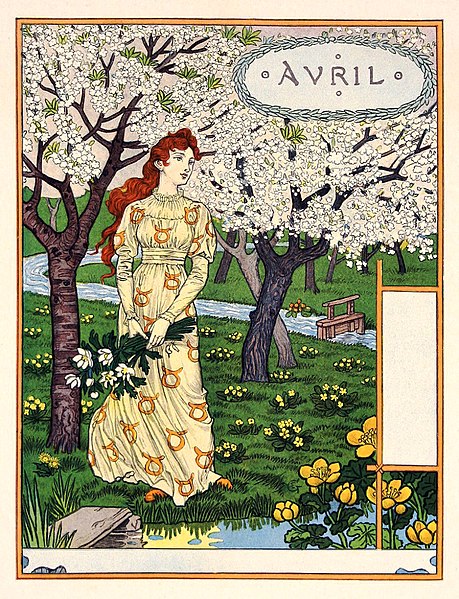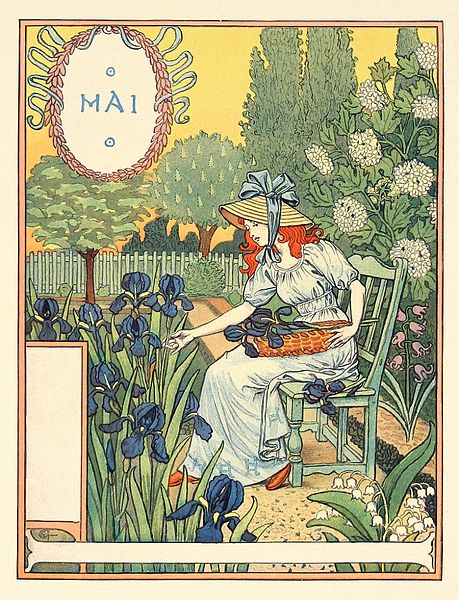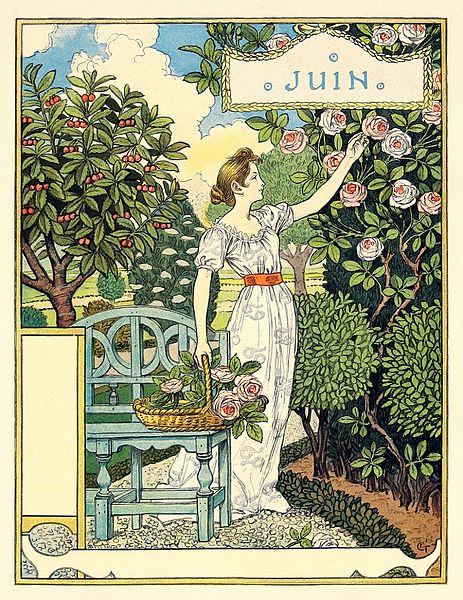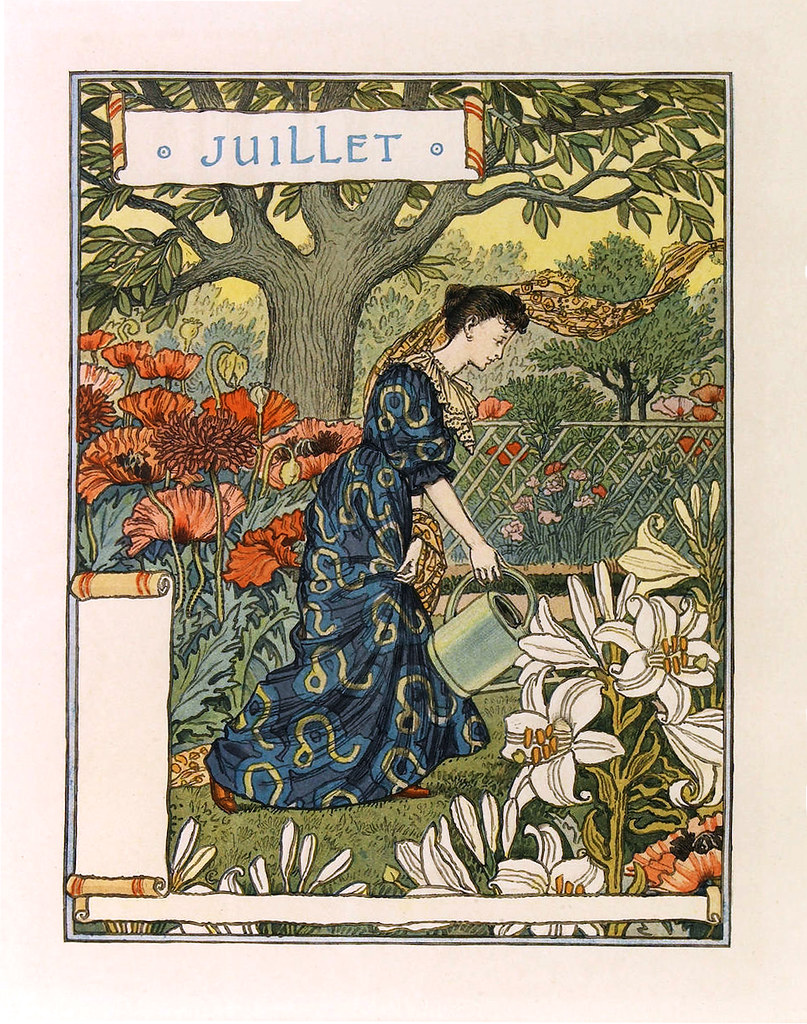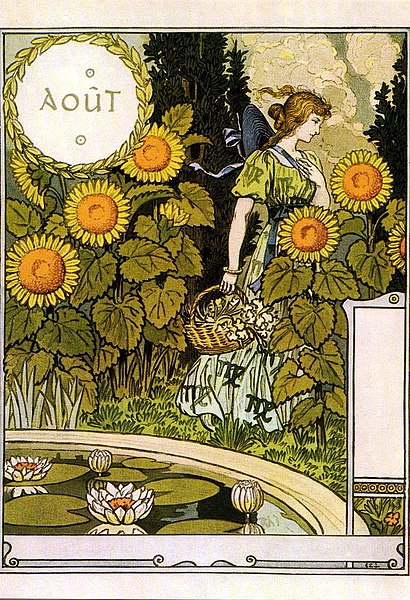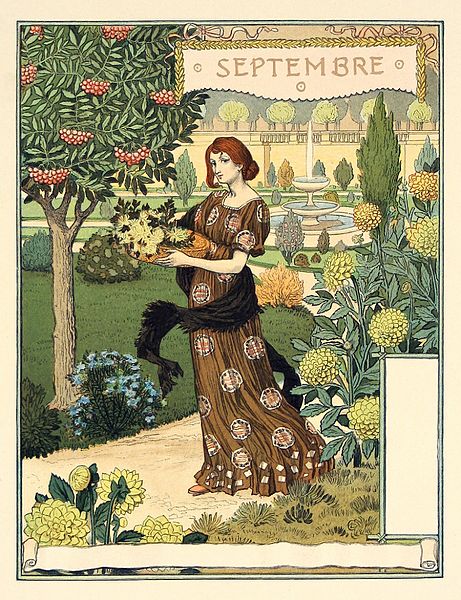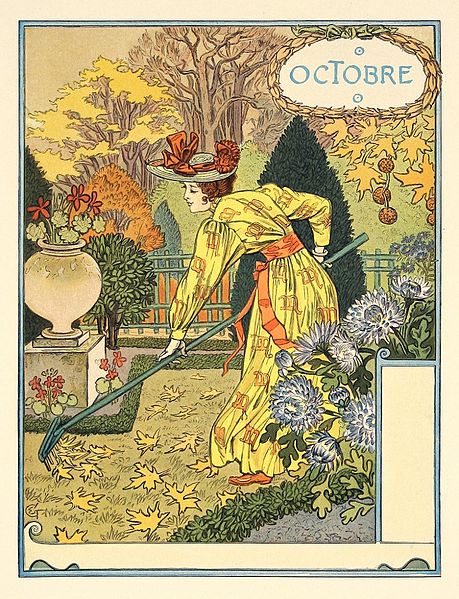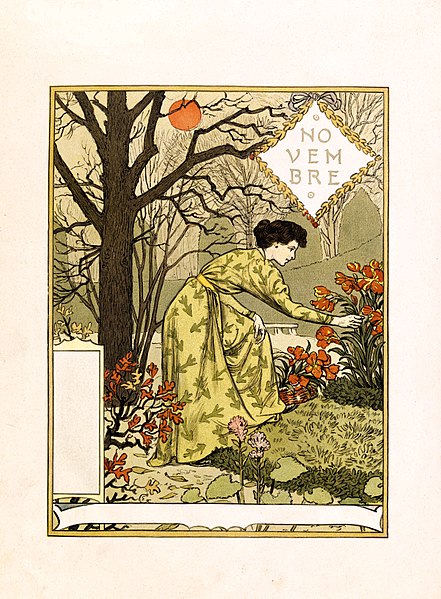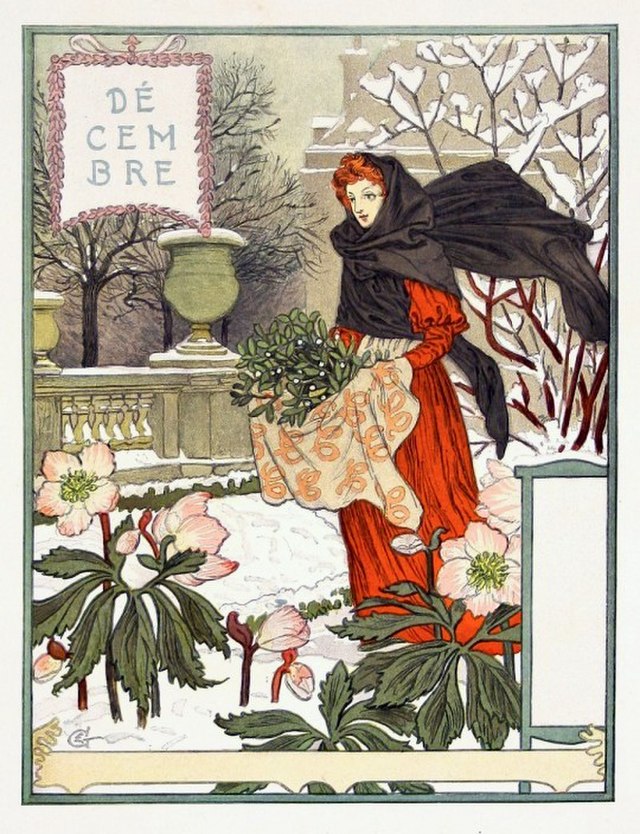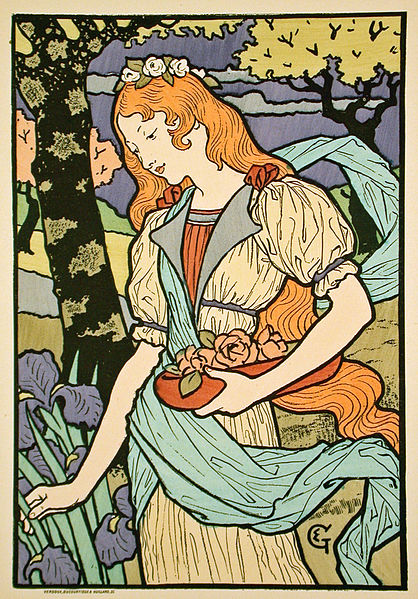Kathryn Doloris Daller
(neé Katherine Doloris Thauwald)
Eagle in New Mexico
Written by D.H. Lawrence
Directed by Patrick Garland
Paolo Soleri Theatre, Santa Fe, New Mexico USA
20 July 1980
with E.G. Marshall, Ian McKellen, Tony Randall, Gayle Hunnicutt, Trevor Howard, Anne Baxter and Tony Church, Dean Stockwell, Jane Alexander, Eva Marie Saint, Richard Crenna, Julie Harris, Trevor Howard, Edward Albee, Diana Rigg and Elizabeth Taylor - and Katherine Thauwald!

This festival commemorated the 50th anniversary of D.H. Lawrence's death. The idea for this festival originated with Anthony Branch and James Levy of Taos, and Tony Church of London, England. Church envisioned the 1980 festival in the same style as the 1970 Festival. Planning for the festival began early in 1979 with an appeal for outside funding which eventually was obtained from the New Mexico Arts Division and the New Mexico Tourism and Travel Division. Similar to 1970, the main events of the festival included a conference, exhibition, recital, plays, and showing of the film, "The Priest of Love". The conference was held at the Greer Garson Performing Arts Center, College of Santa Fe in Santa Fe, N.M. The theme was "D.H. Lawrence: Contemporary Life and Literature." Prominent American and British scholars and renowned authors were asked to discuss the relevance of Lawrence's work in prose, poetry and drama as it relates to and effects contemporary attitudes toward sex, religion, class, art, etc. The final list of speakers included N. Scott Momaday, Stephen Spender, A. Alvarez and Edward Albee. The festival's recital, "Eagle in New Mexico, " consisted of extracts from Lawrence's works. Contemporary actors including Jane Alexander, Anne Baxter, Tony Church, Richard Crenna, Julie Harris, Trevor Howard, Gayle Hunnicut, E.G. Marshal, Ian McKellen, Tony Randall, Diana Rigg, Eva Marie Saint, Dean Stockwell, and Elizabeth Taylor were asked to participate. Like the New Mexico D.H. Lawrence Festival of 1970, the 1980 festival was deemed a success by local newspapers and those who attended the event.
The evening's program included the World Premiere of Thea Musgrave's "Last Twilight", a choral setting of Lawrence's "Men in New Mexico" specially commissioned for the occassion.
SYNOPSIS
The Last Twilight is intended as a theatre work, however it may also be performed in concert version. It is written for large chorus divided into MAIN CHORUS (the white man); SEMICHORUS (the Indians); SUPERNUMERARIES (torchbearers); PENITENTES (a religious sect of flagellants from the Sangre de Christos mountains in New Mexico) and a GUNMAN
The stage can be decorated with plants from the high desert, sumac, juniper and so on. Downstage centre a campfire is laid with Navajo rugs around it. Semichorus, Penitentes and gunman should be in costume; main chorus and torchbearers should wear long black cloaks.
At the first performance in the Soleri Theater in Santa Fe, New Mexico, the orchestra was seated on a bridge above the stage. The four trumpets on a still higher level, two on one side, two on the other. The percussion was in a balcony off the stairs leading down to the stage. In other theaters the orchestra can of course be seated very differently. But it is important to keep the stereophonic positioning of the trumpets.
Tubular bells (chimes) and a big bell to be played by chorus members should be preset upstage. One of the chorus has a small hand drum and another plays an Indian type rattle.
There is that exquisite pleasure in the experience of our own existence expressed now within the energy field of being with someone whose energy matches, yet is its polar opposite. This allows the man to experience his own feminine side. He then owns it in the experience of the embrace. The woman experiences his energy field within herself, coming back to her through the man, and there is that sense of oneness and completeness in the magic of that embrace. The magic is the joining of these two energy fields, the masculine and the feminine, as an expression of their oneness out of that intense feeling of aliveness and joy. When that sense of oneness occurs, it is as though we transcend all of time, as if we have been all of men forever and all of women forever. We own the source; we are that out of which the experience arises. We are no longer at the effect of it but the expression of it, with its incredible sacredness and beauty. There is the subtlety of that inner experience as we look within.
Midnight Train To Georgia - January 30, 2010
Here's her personal website:
